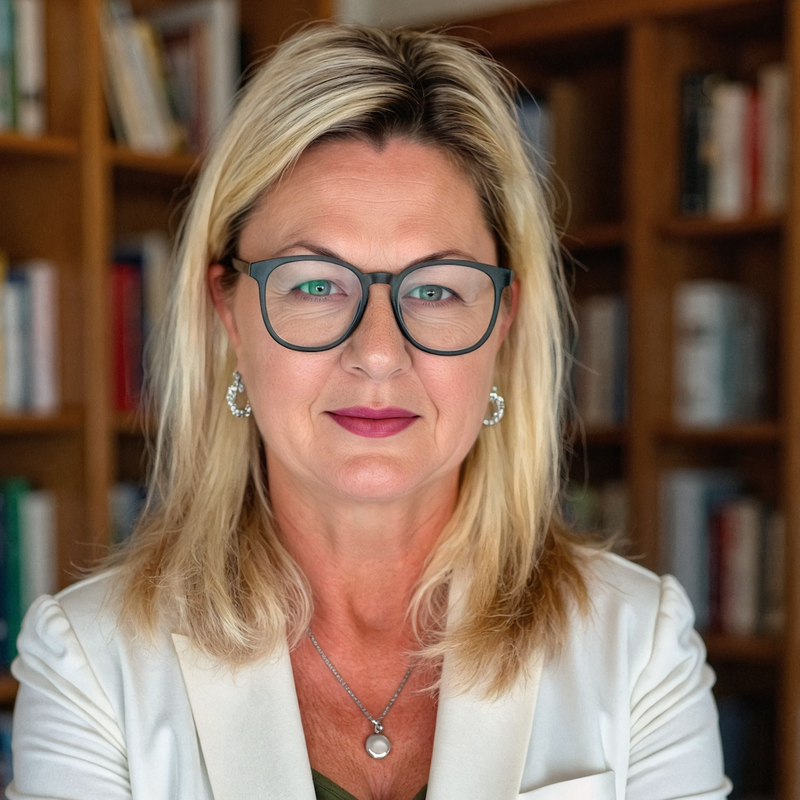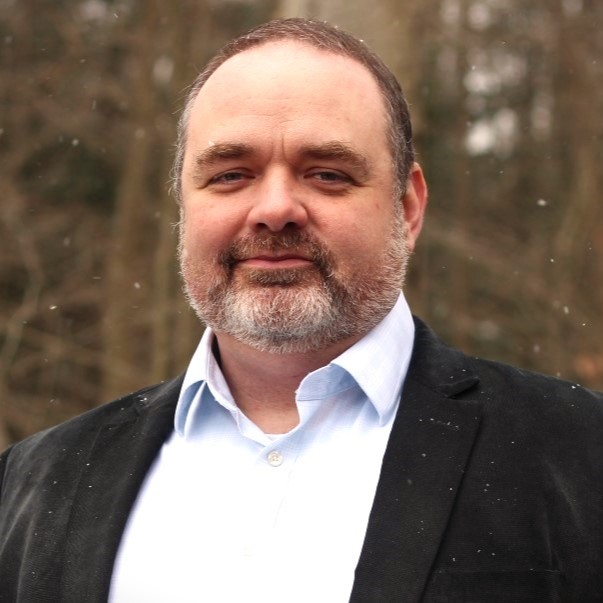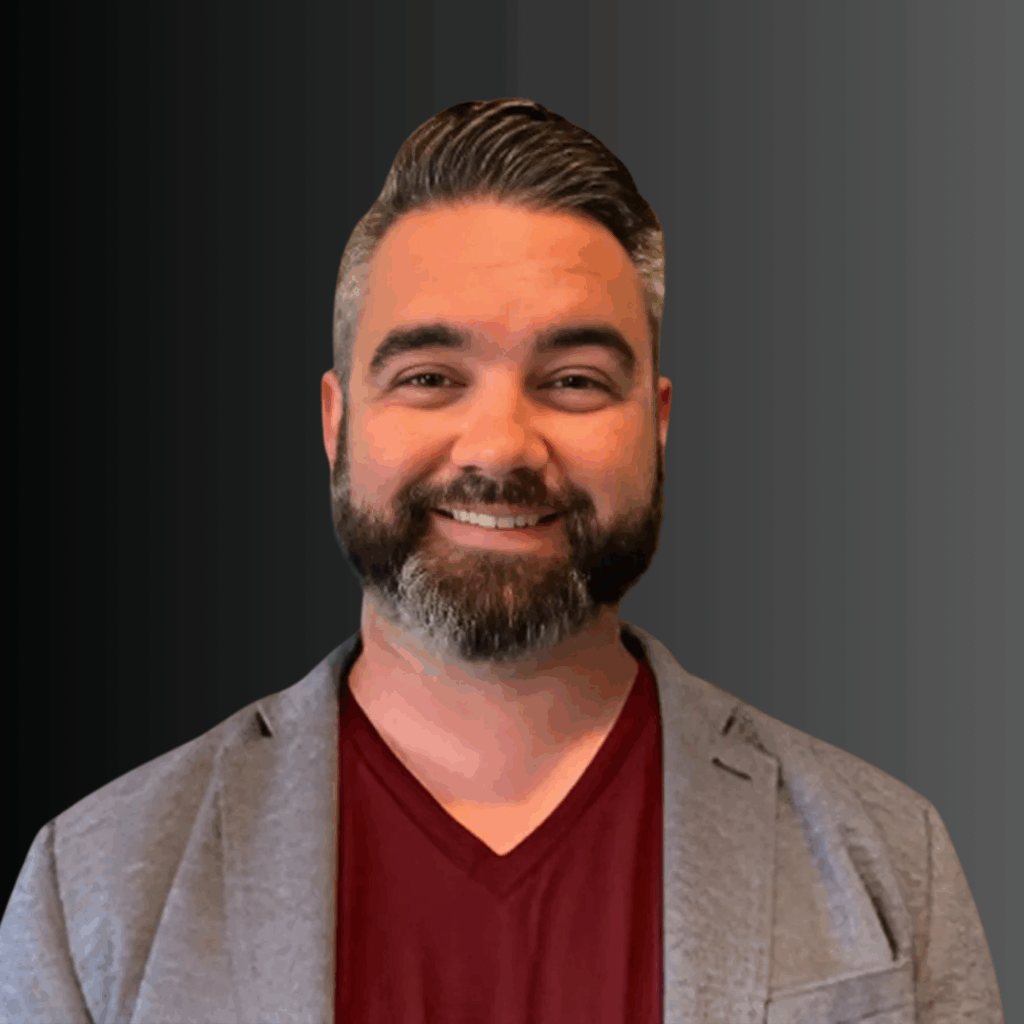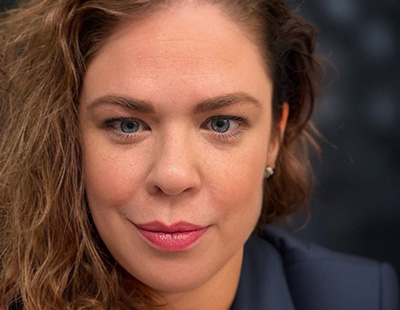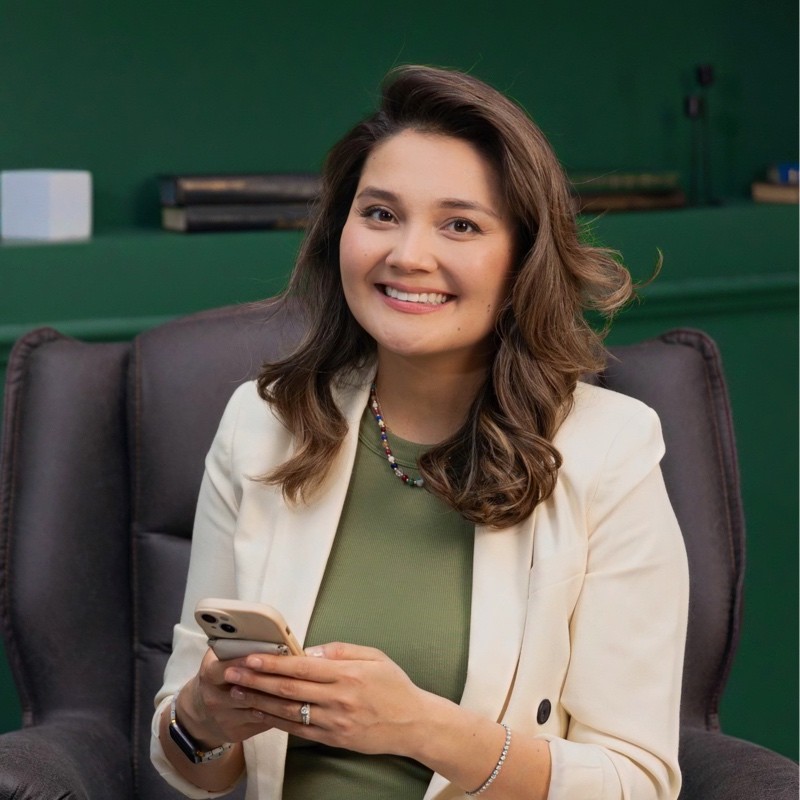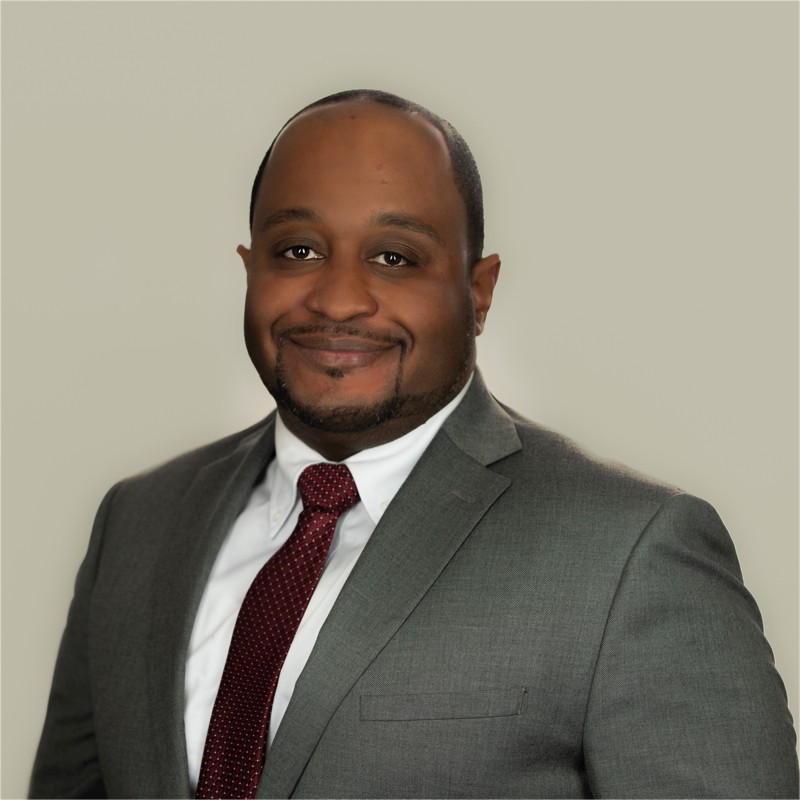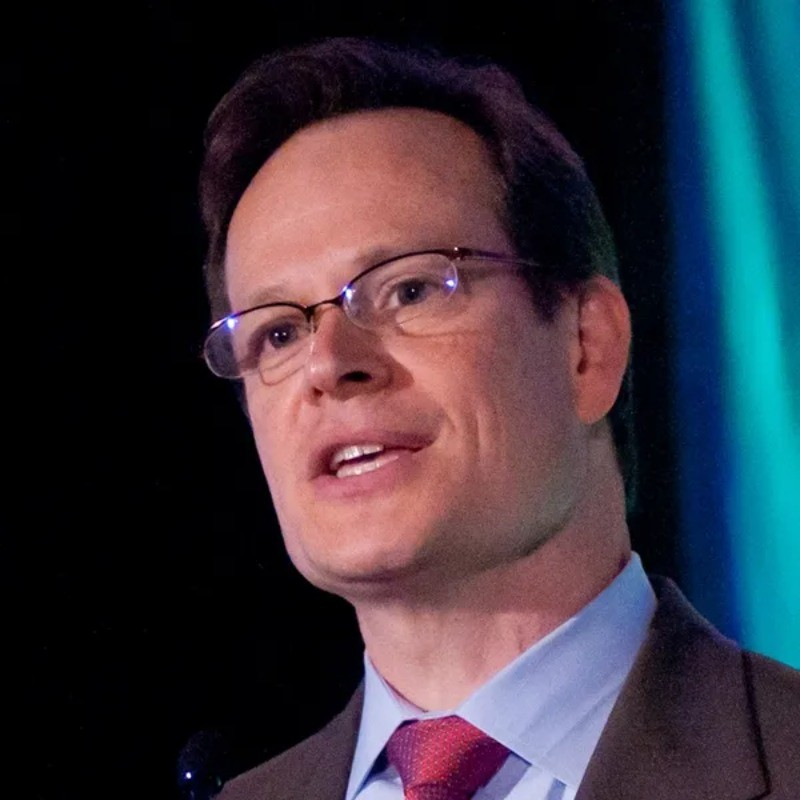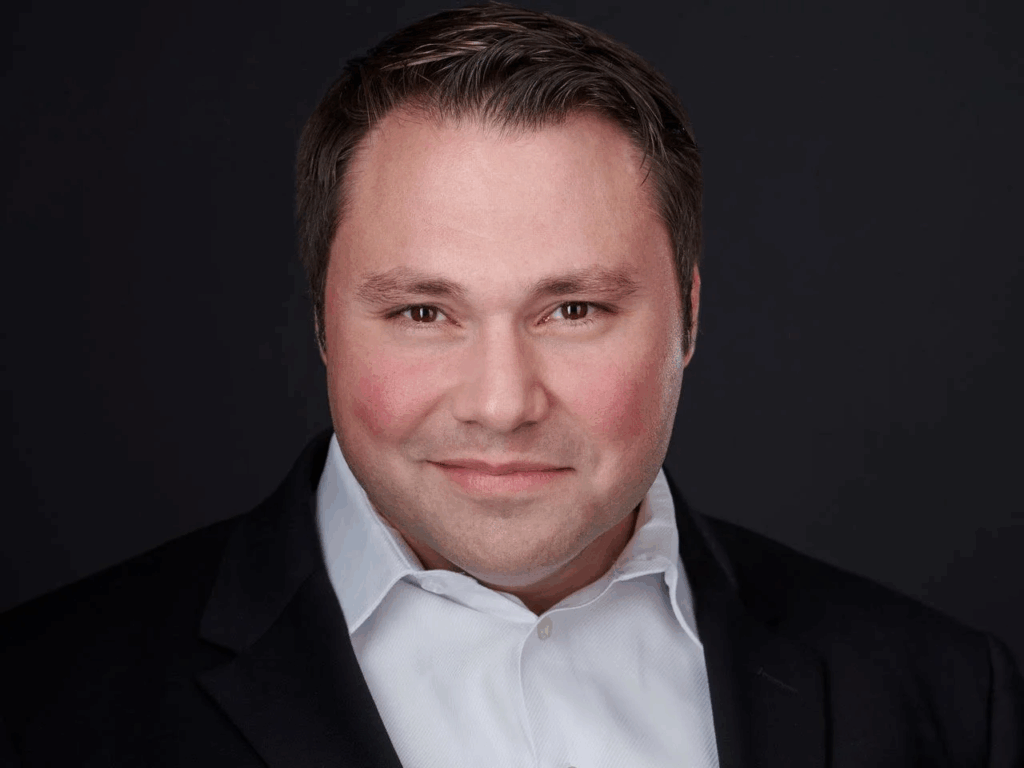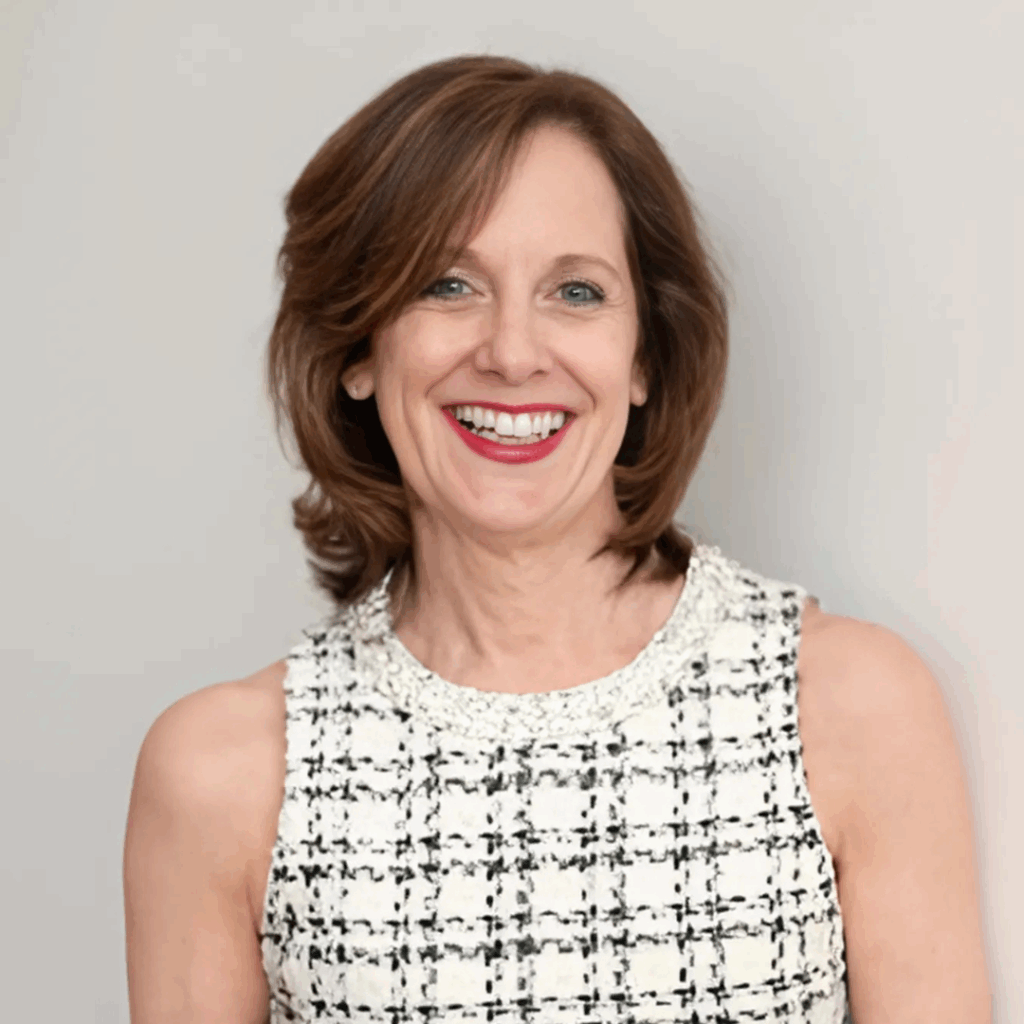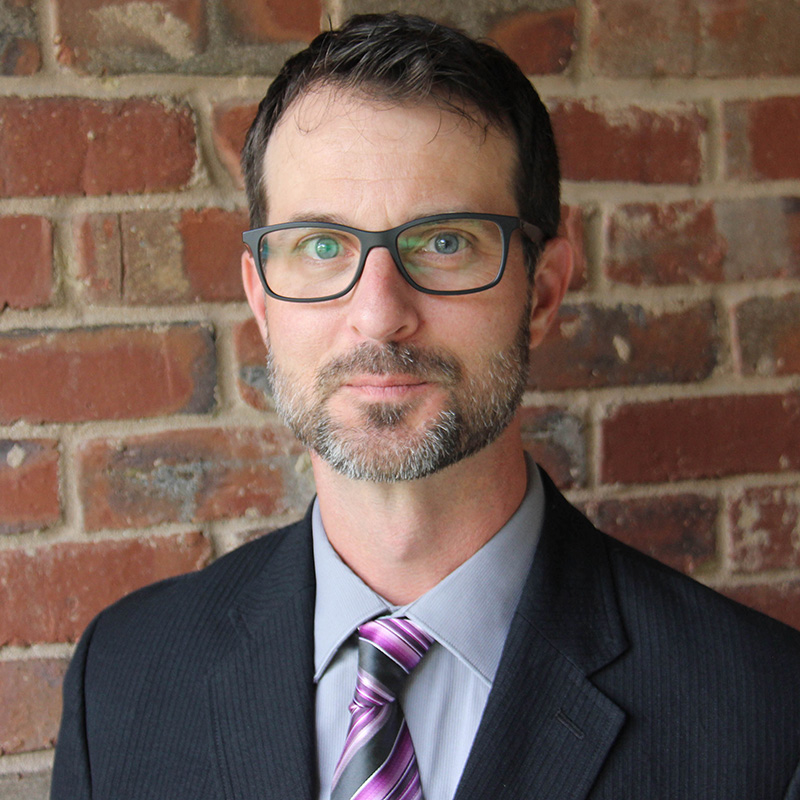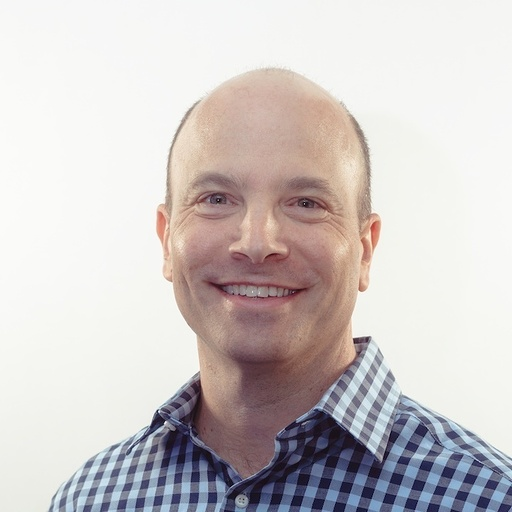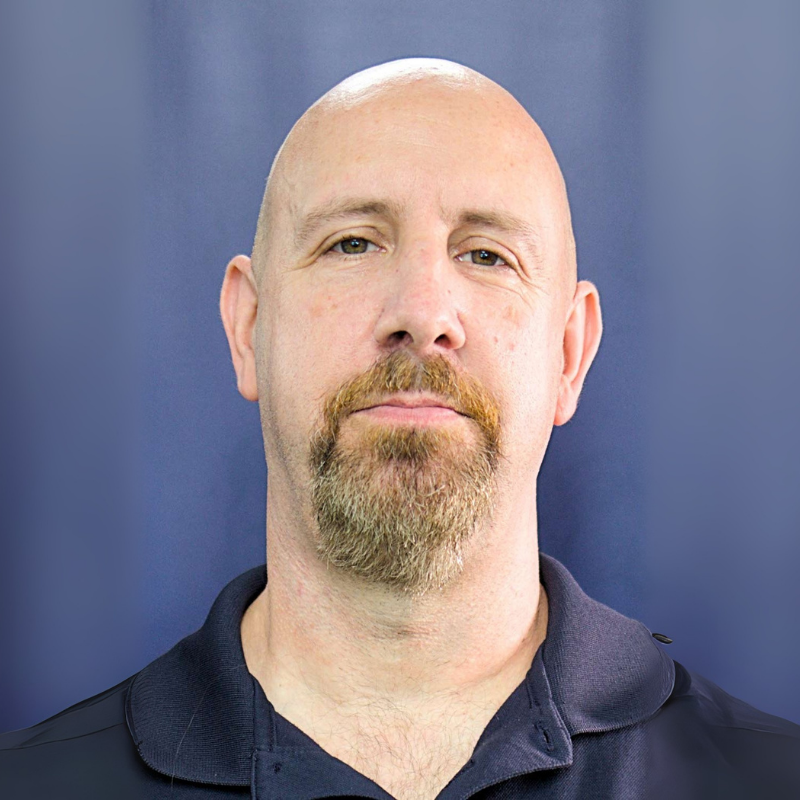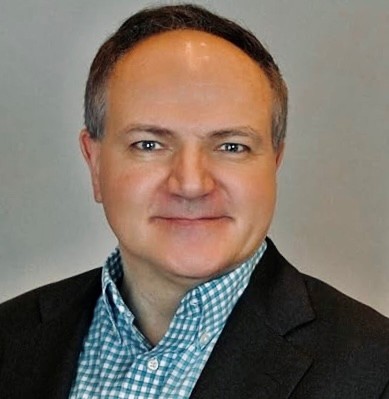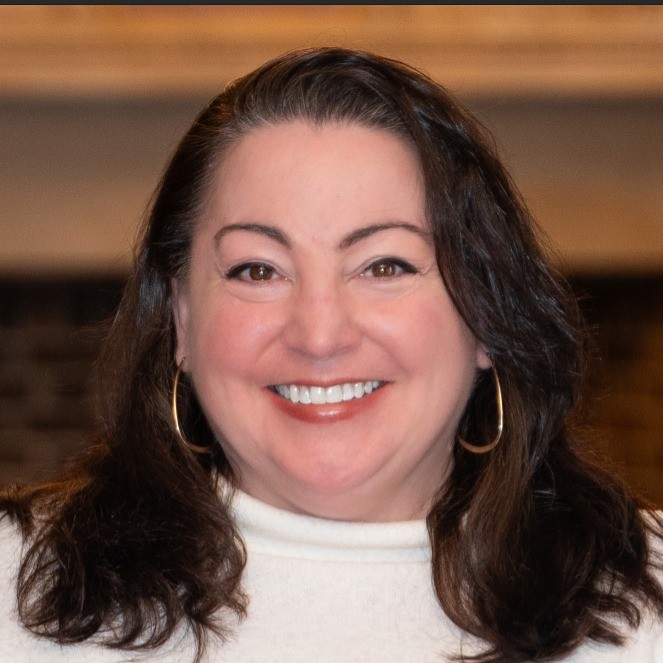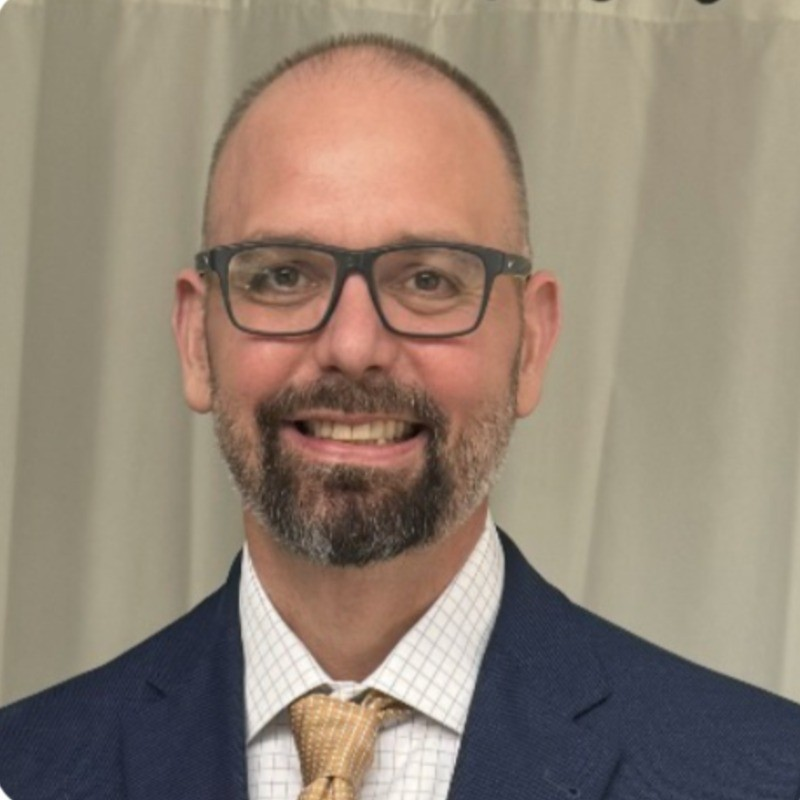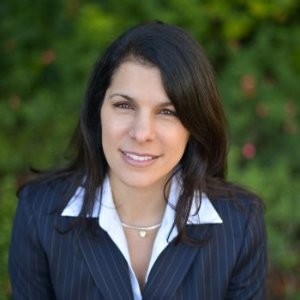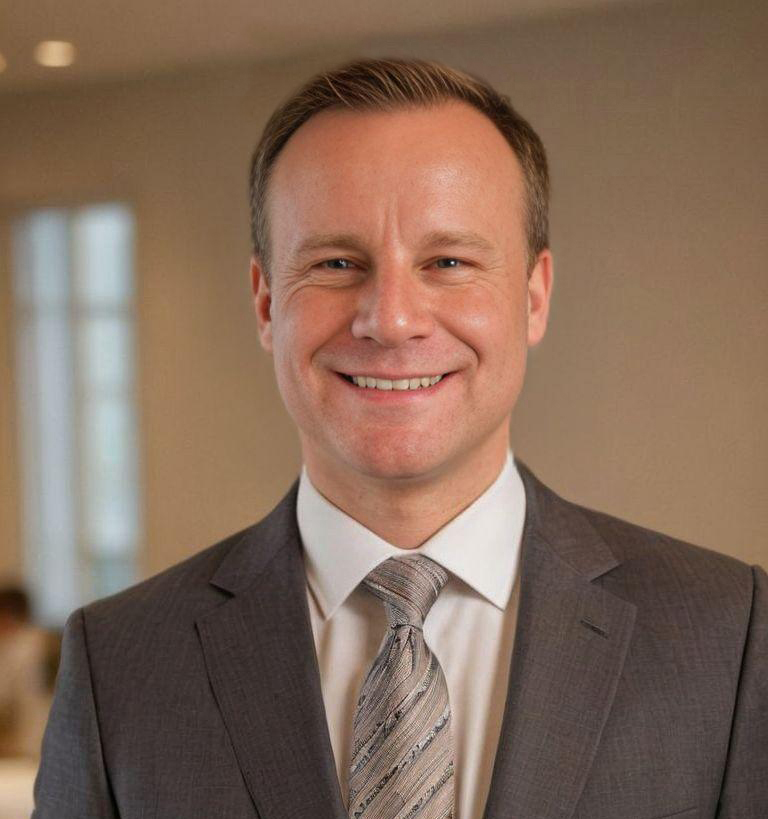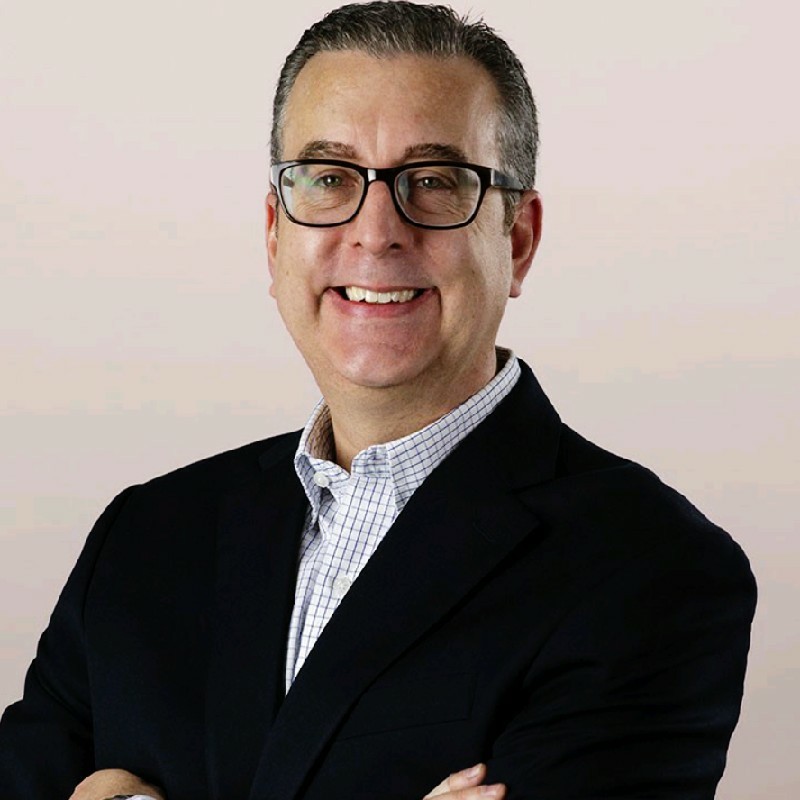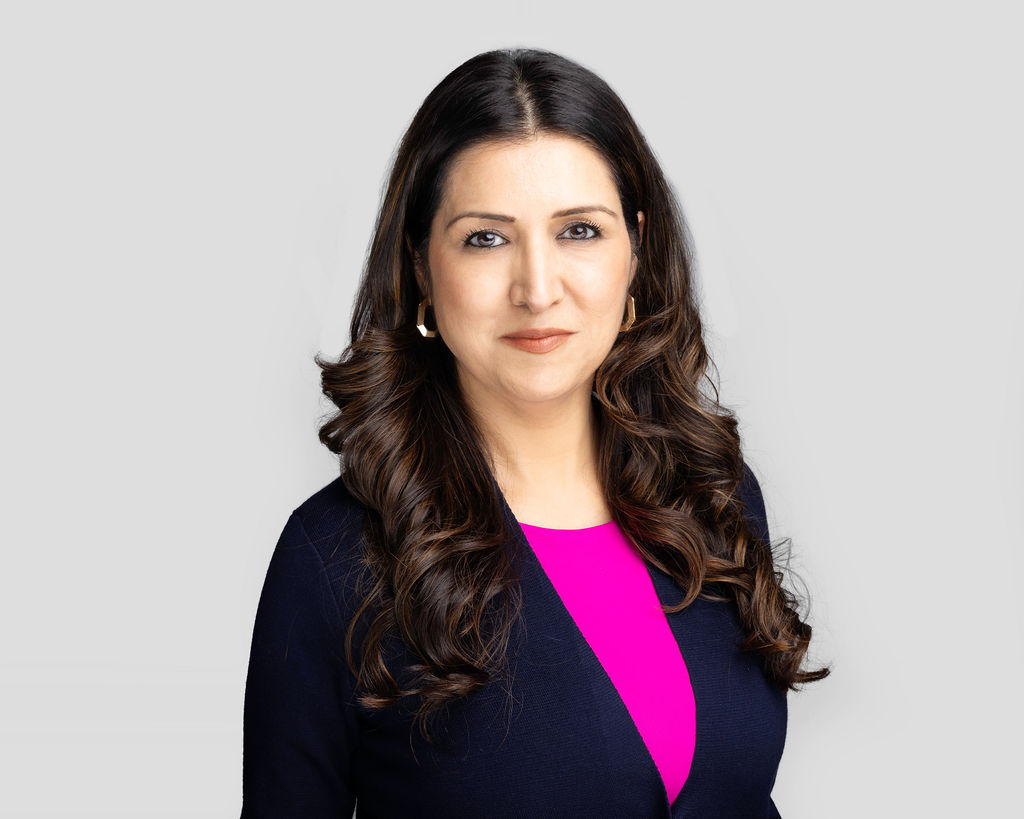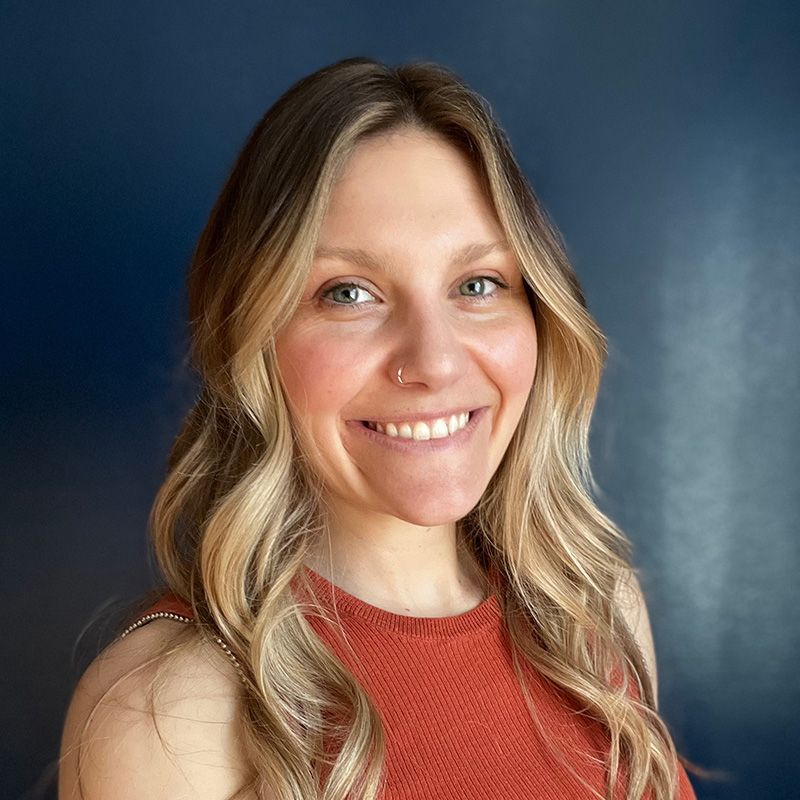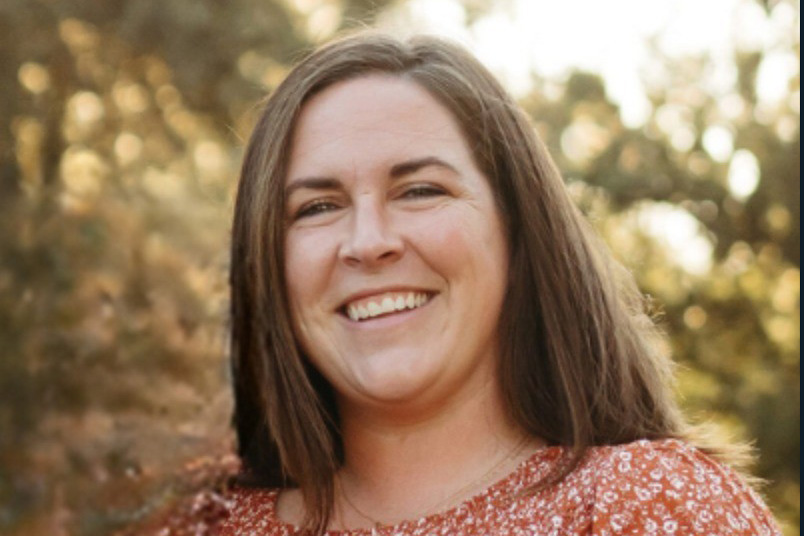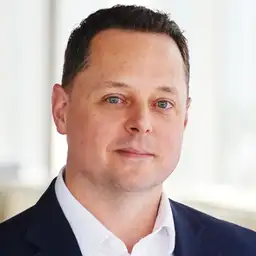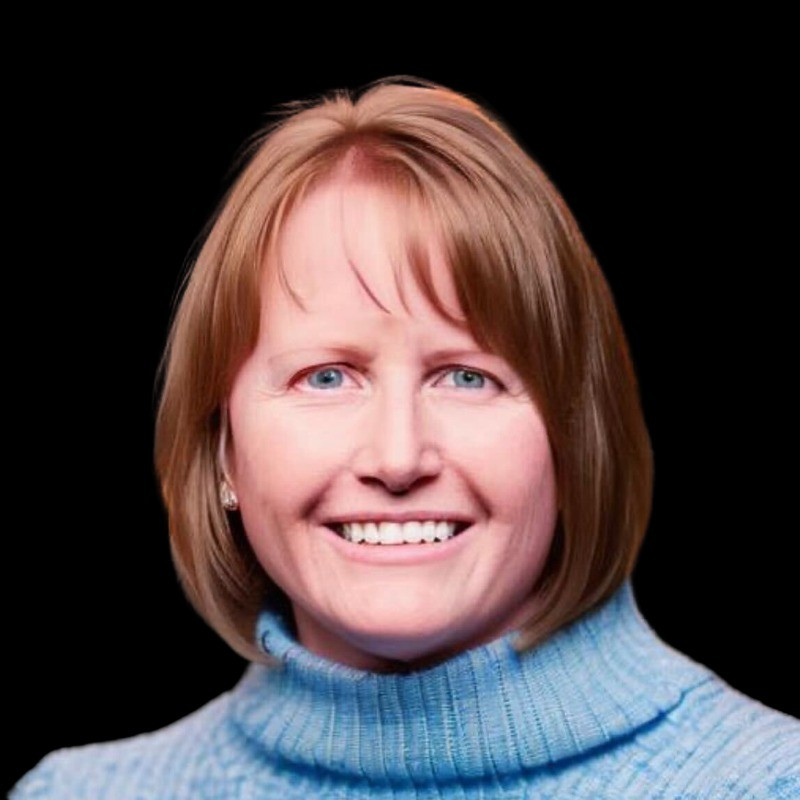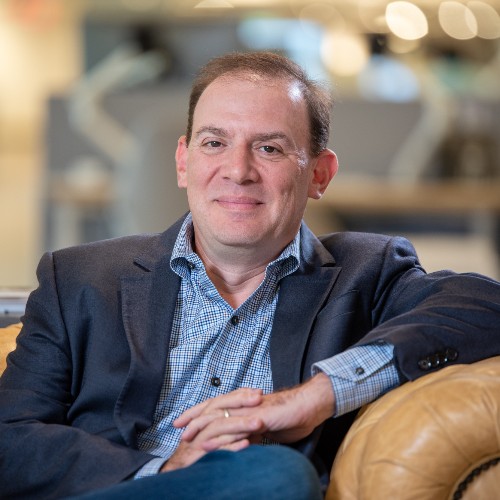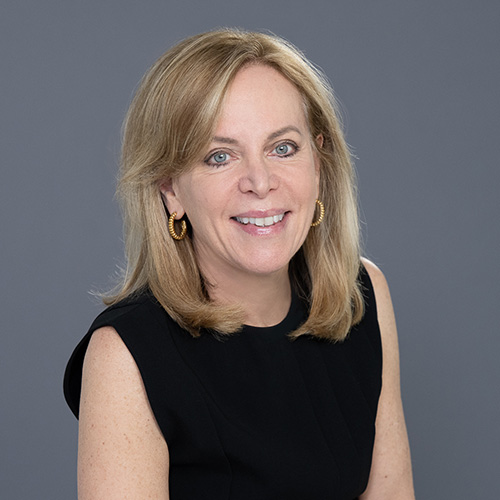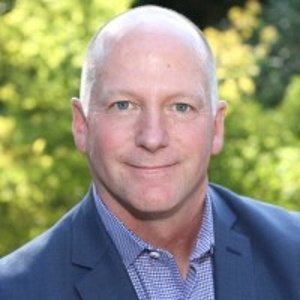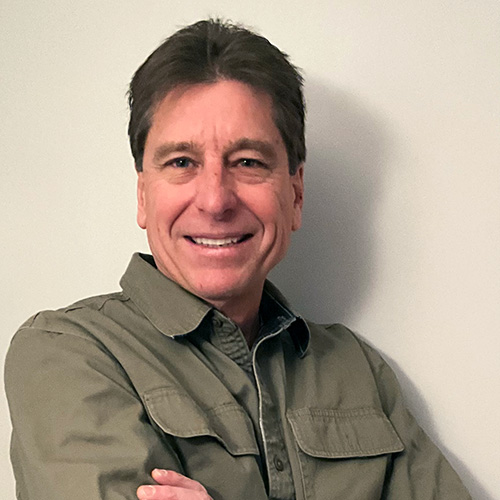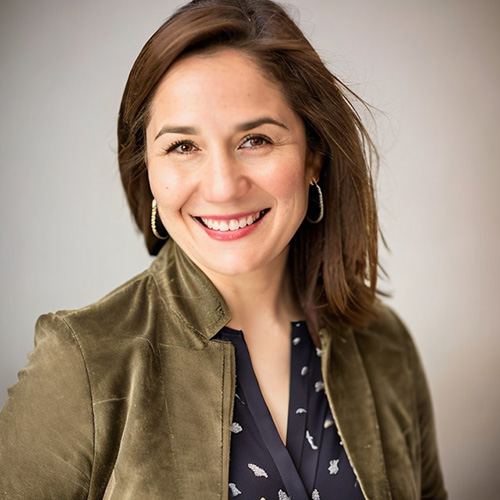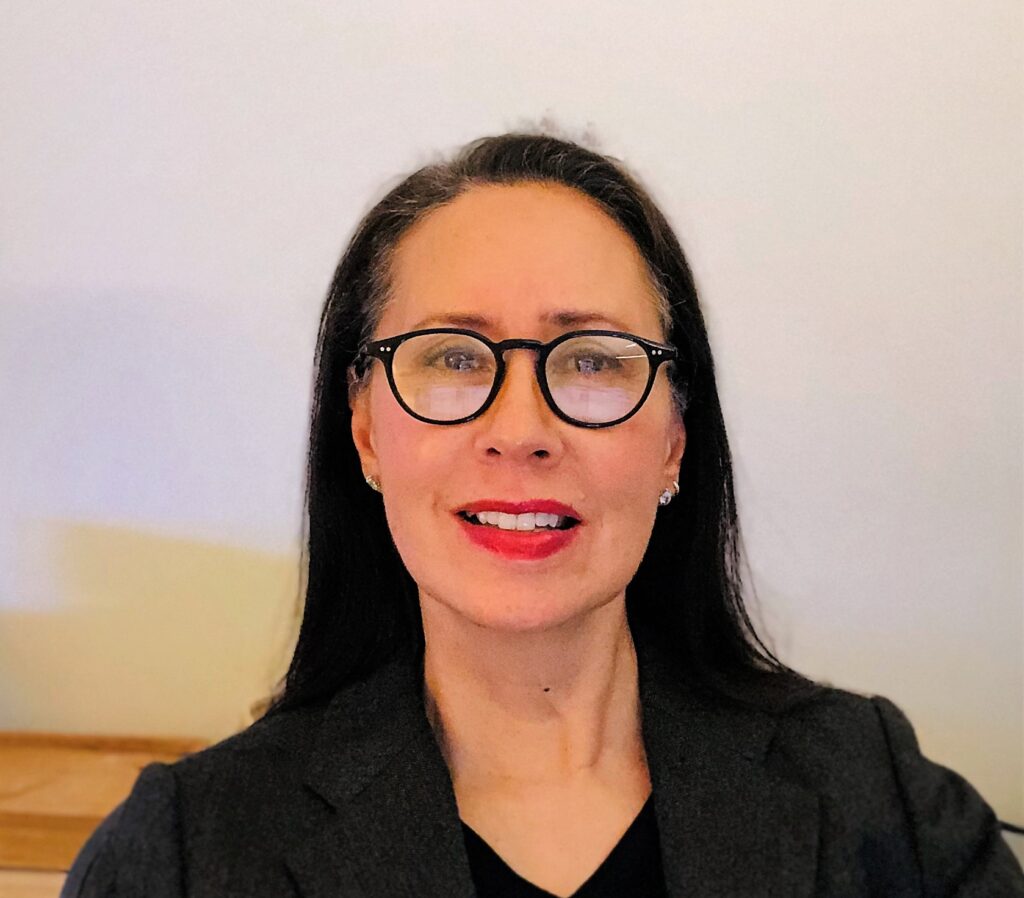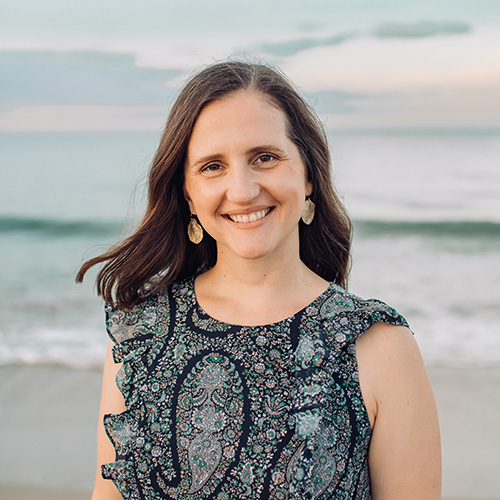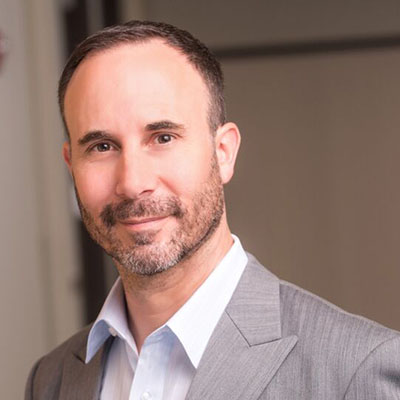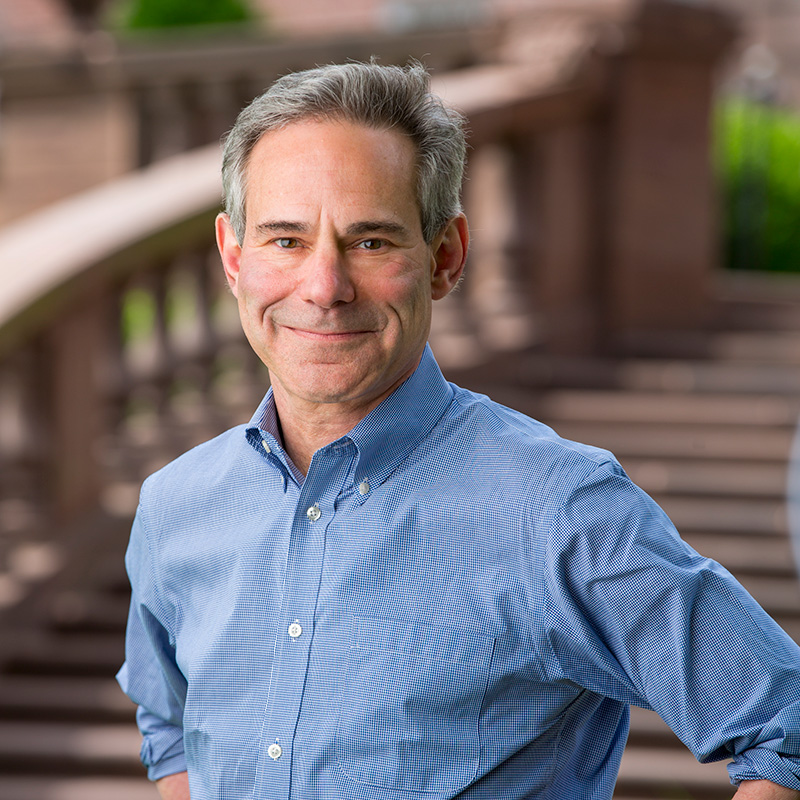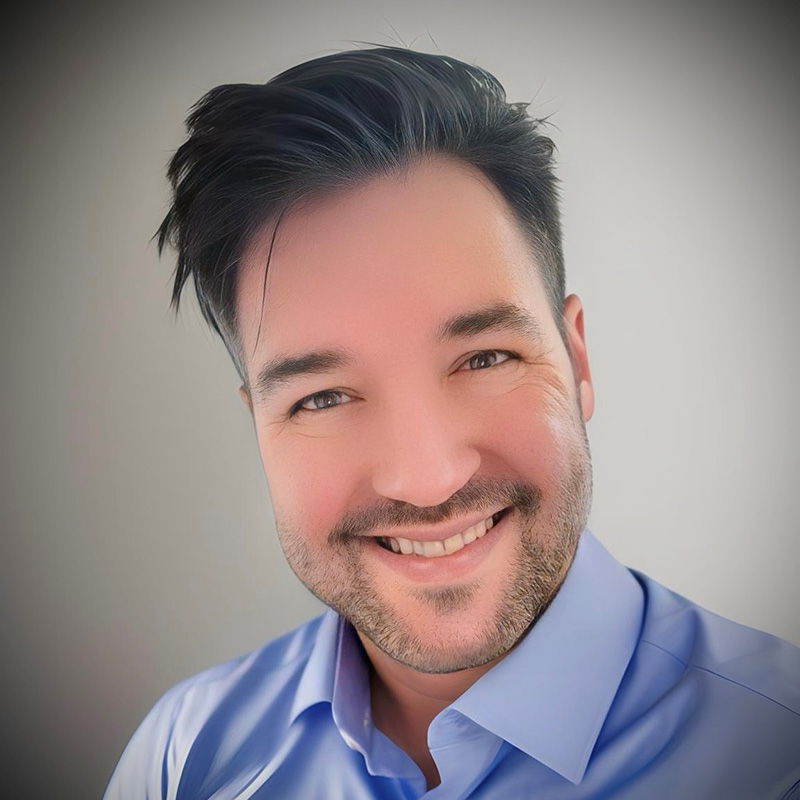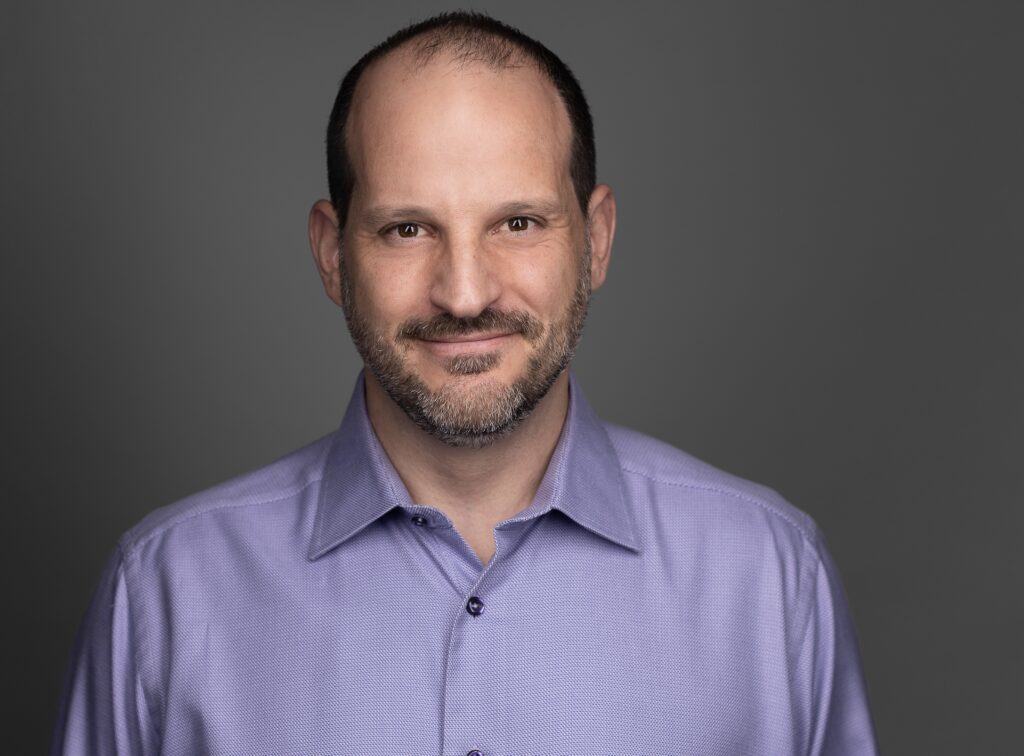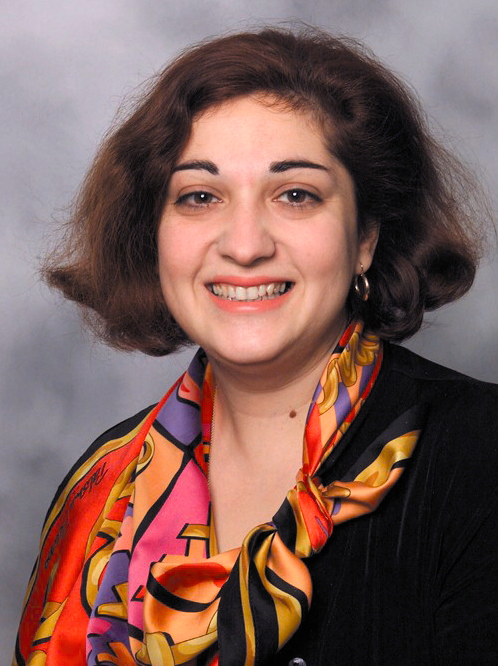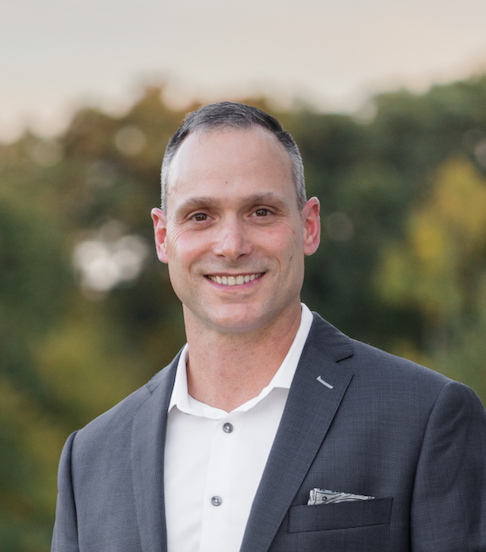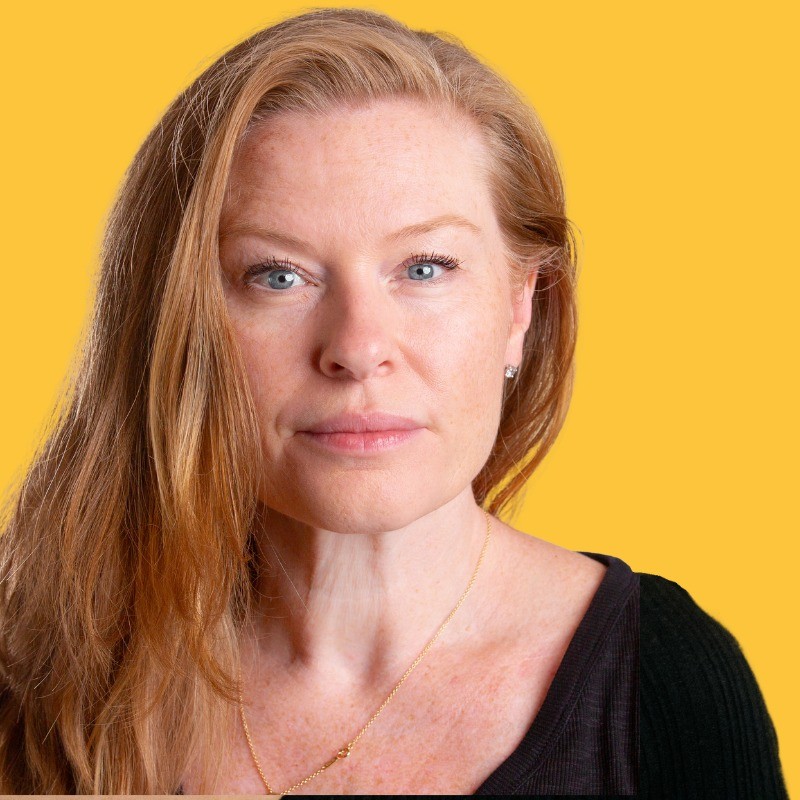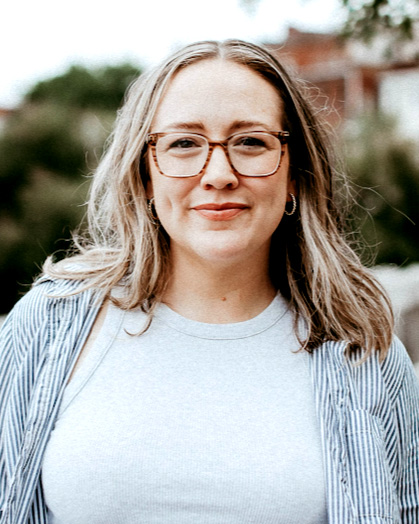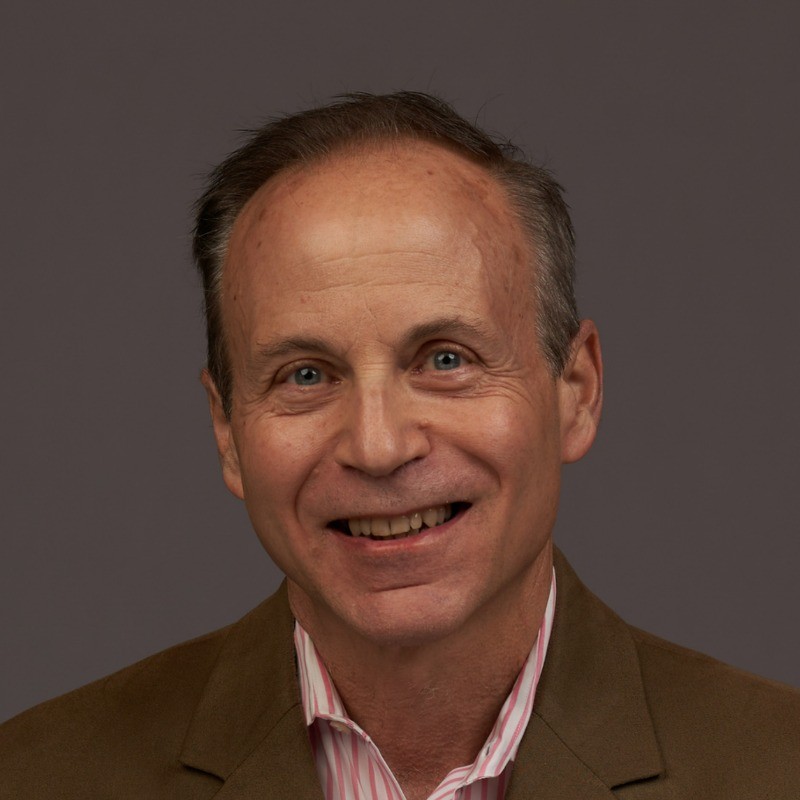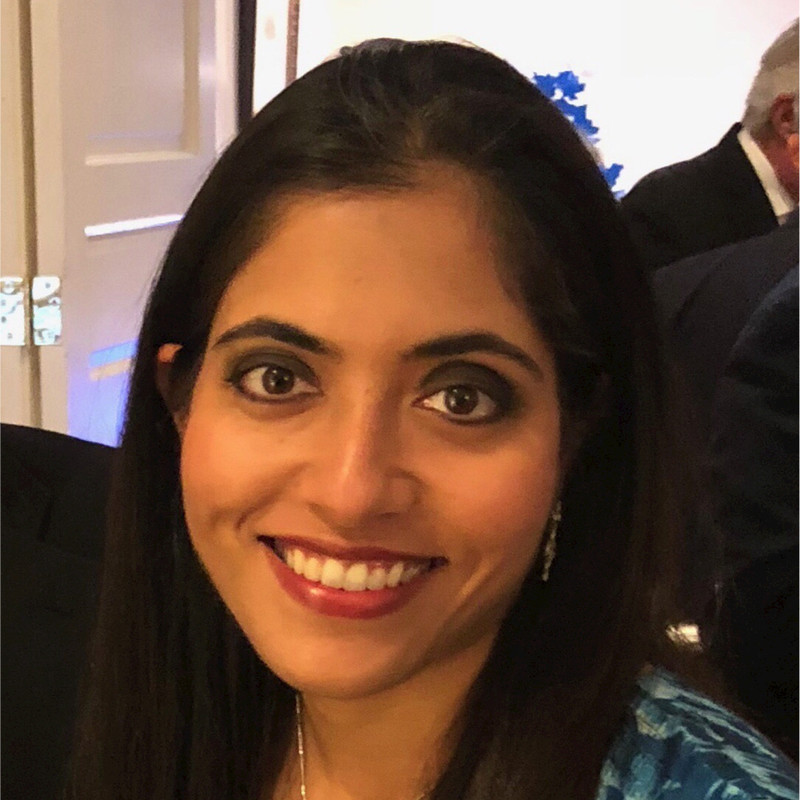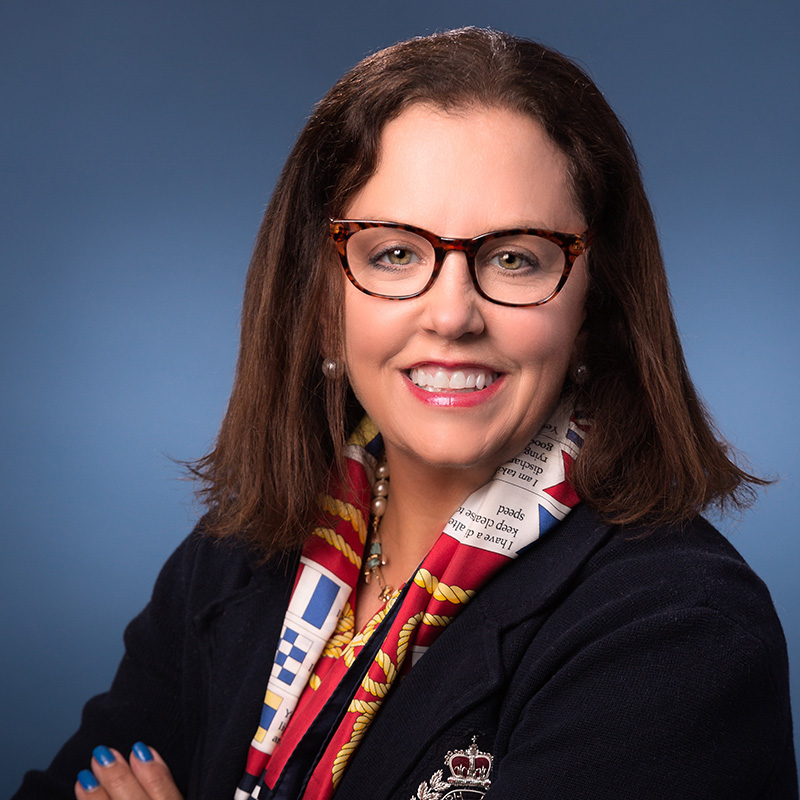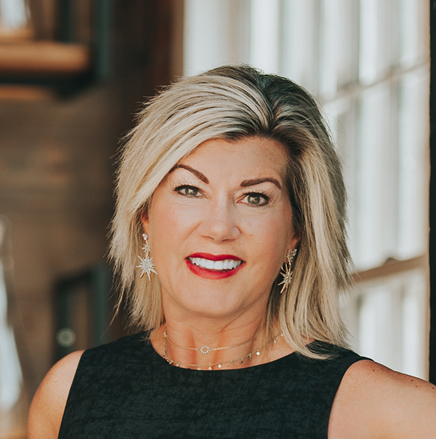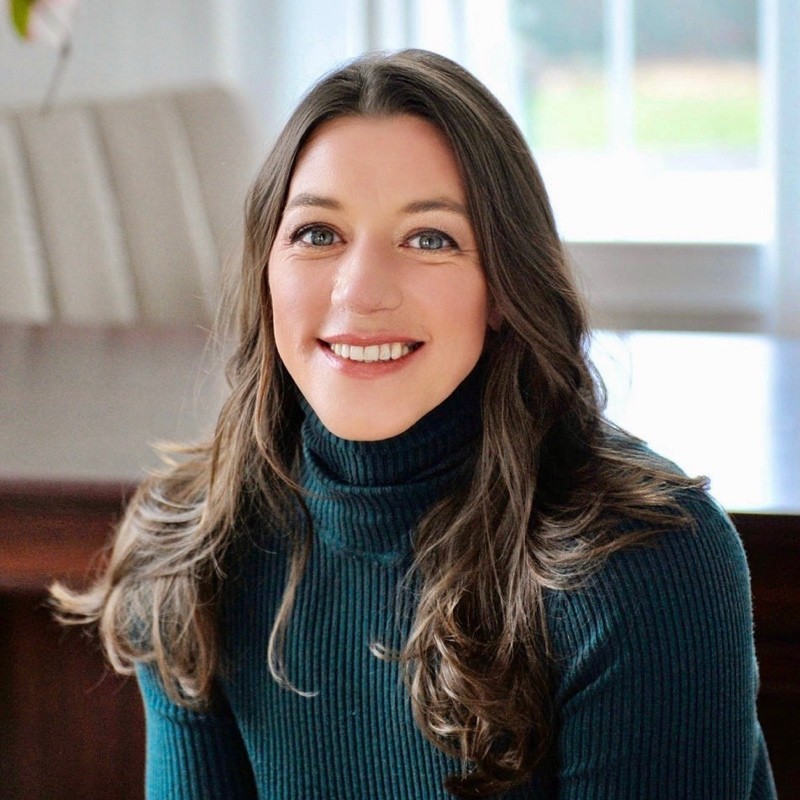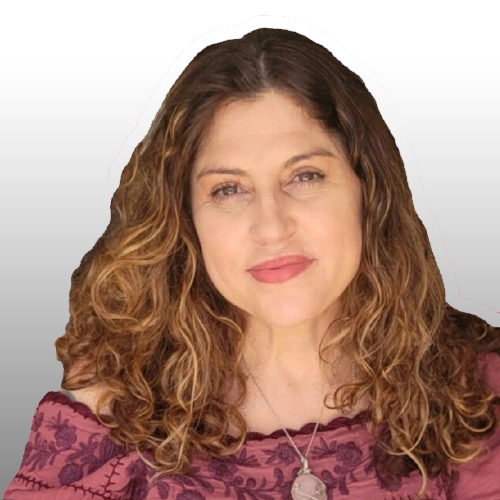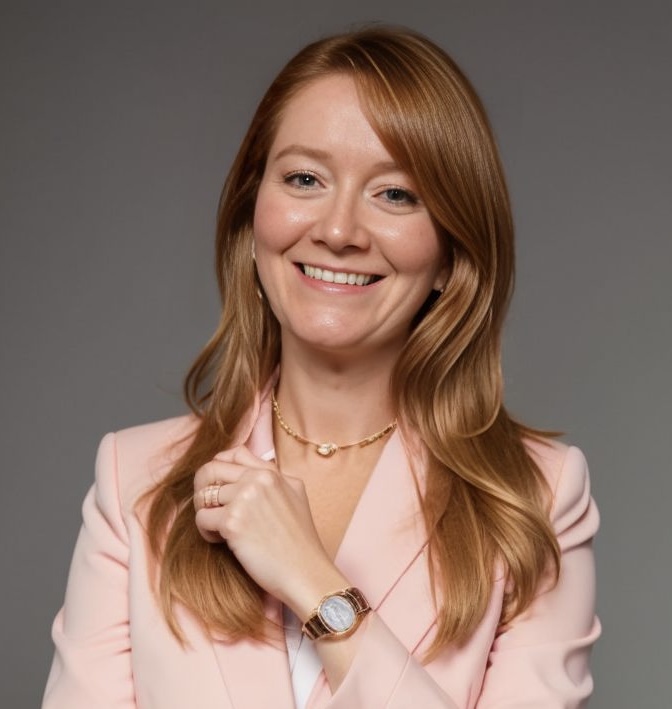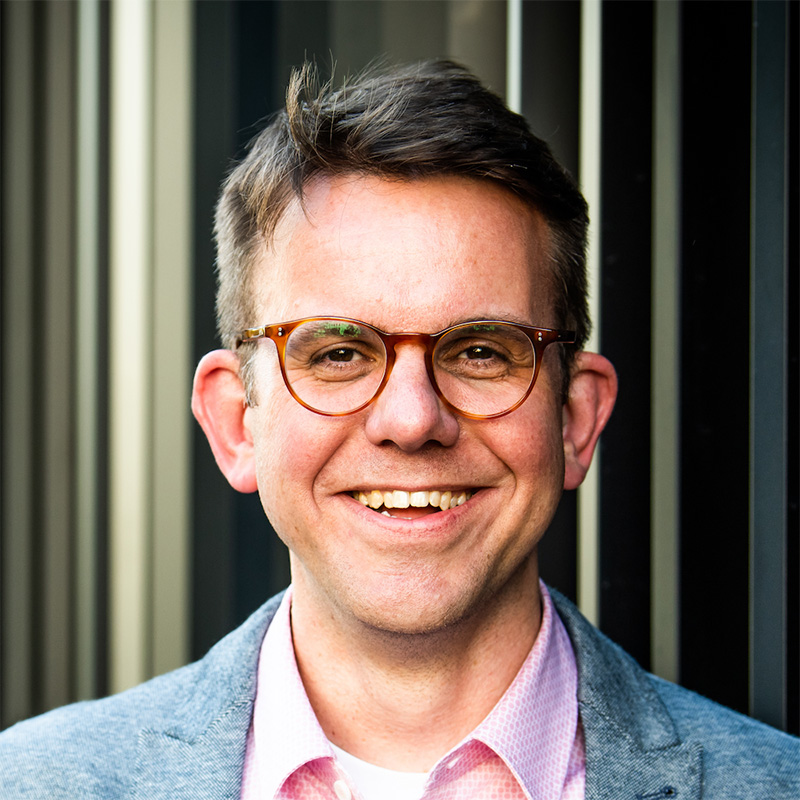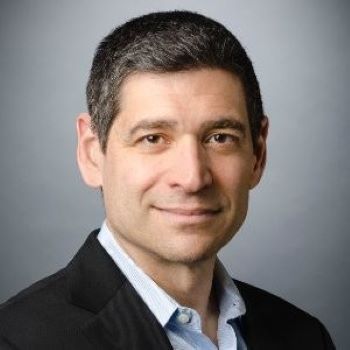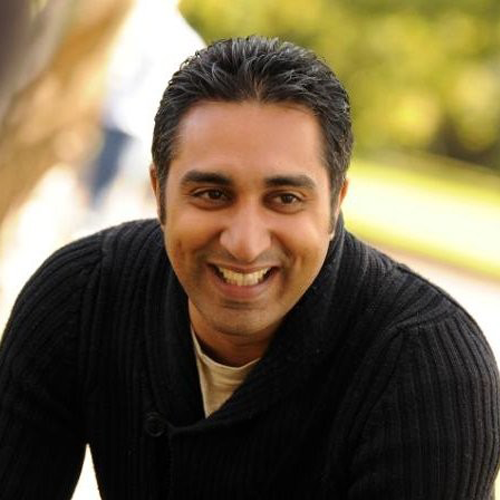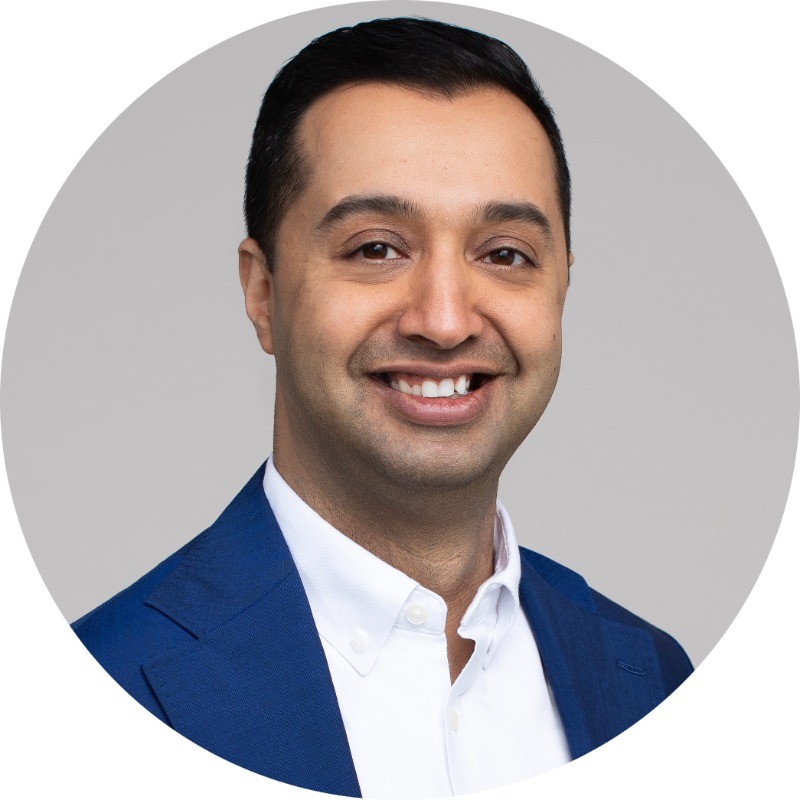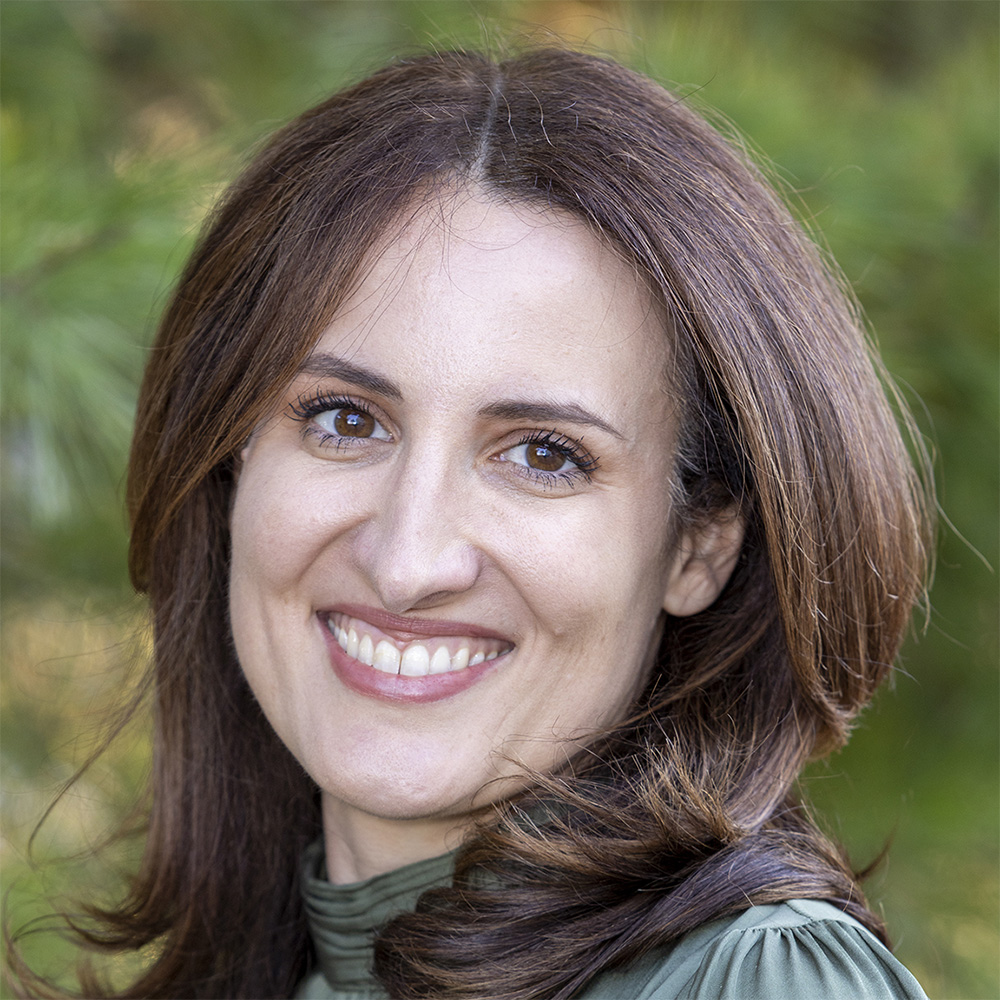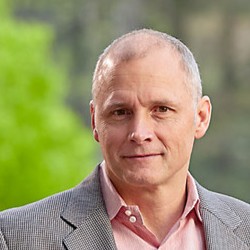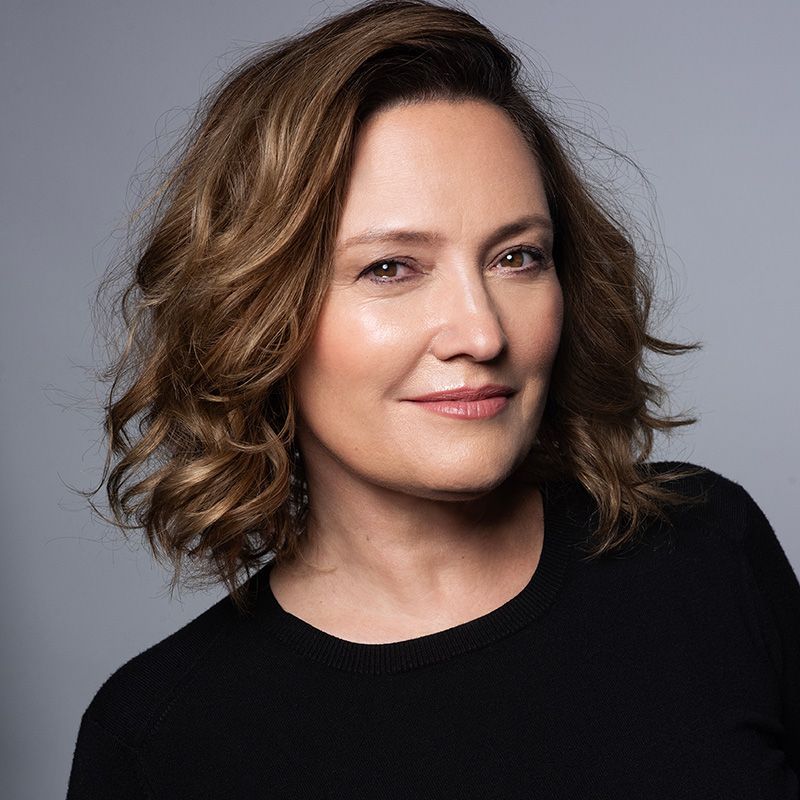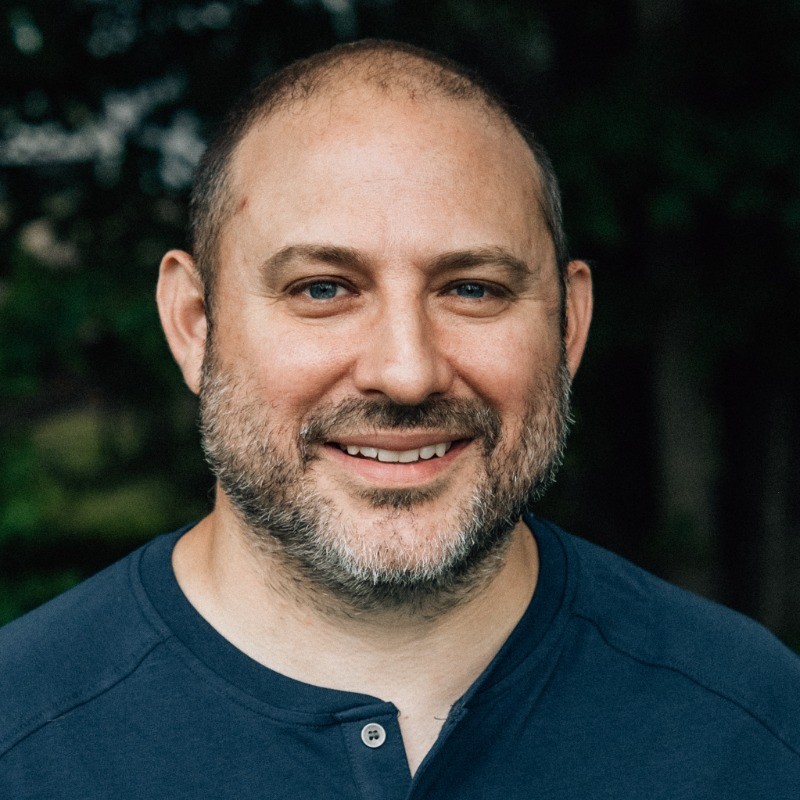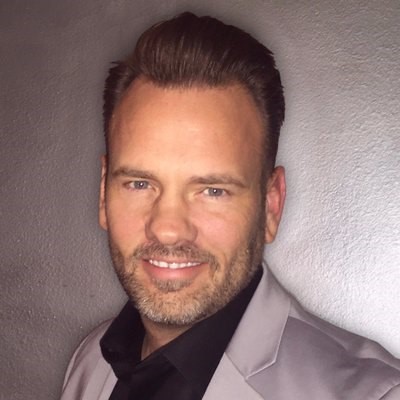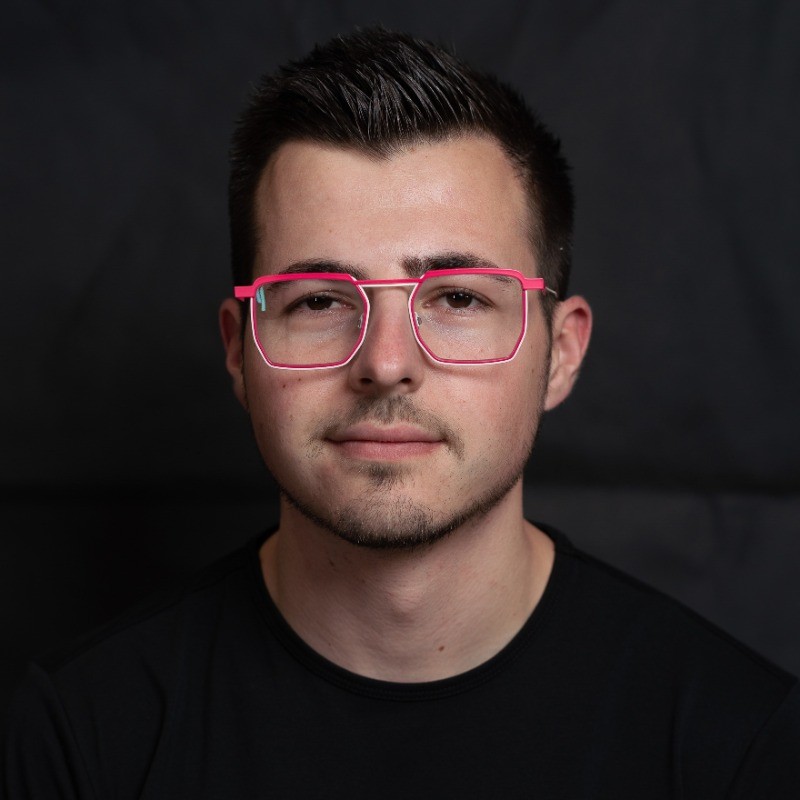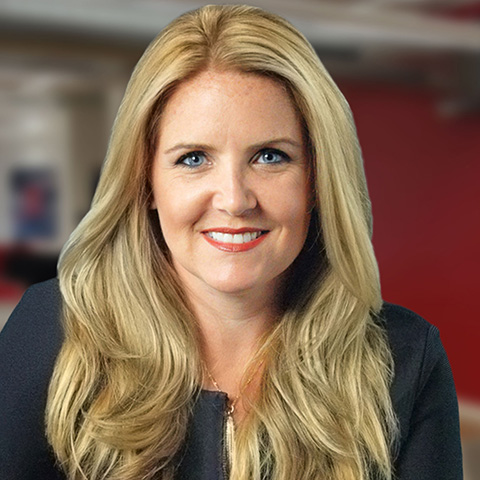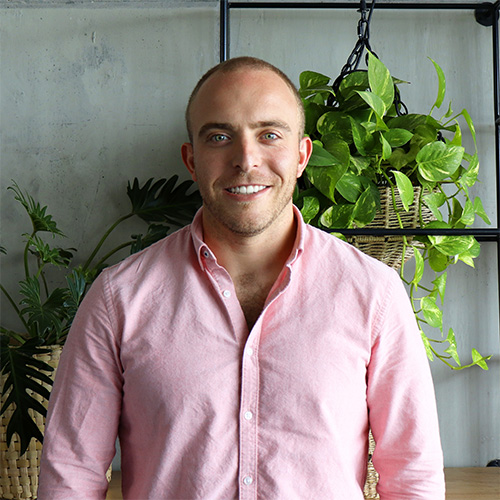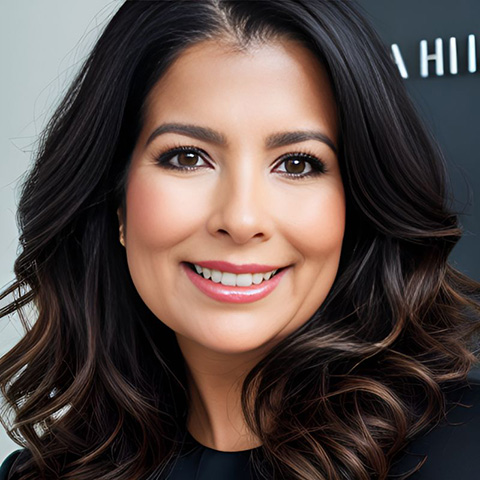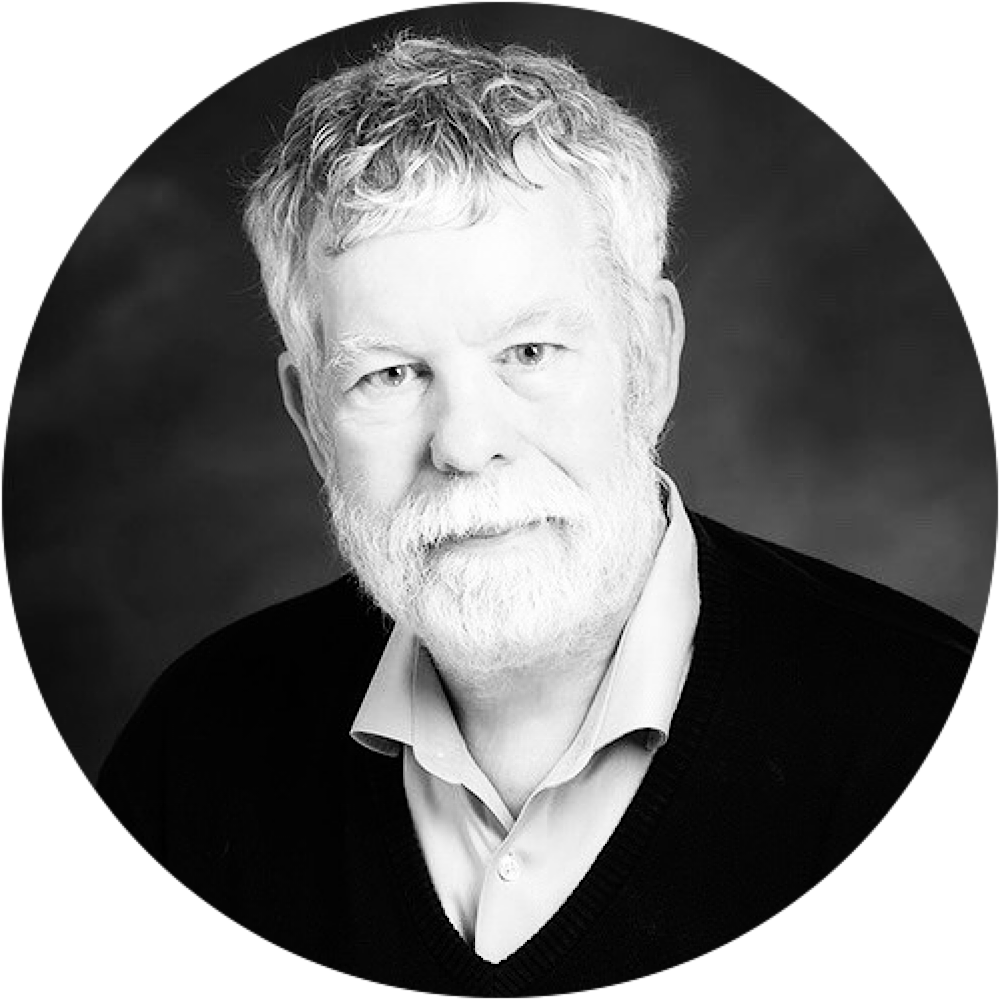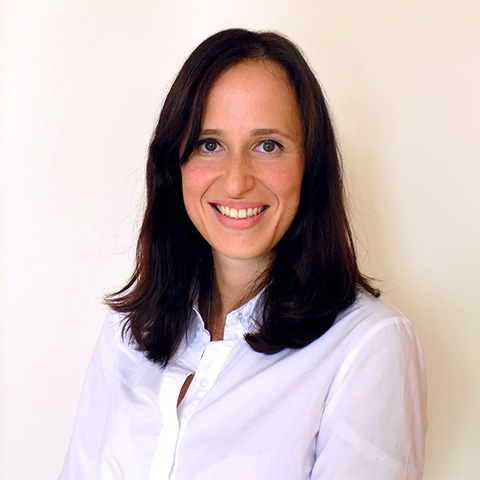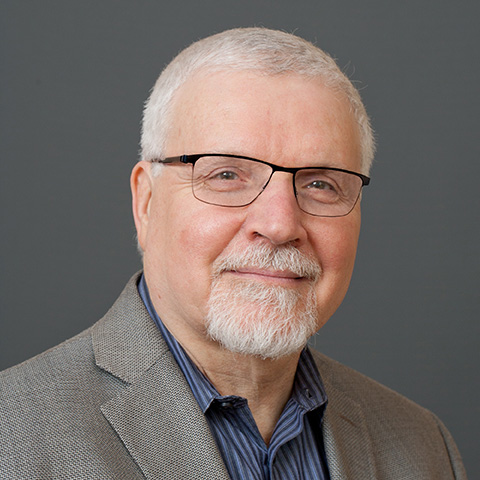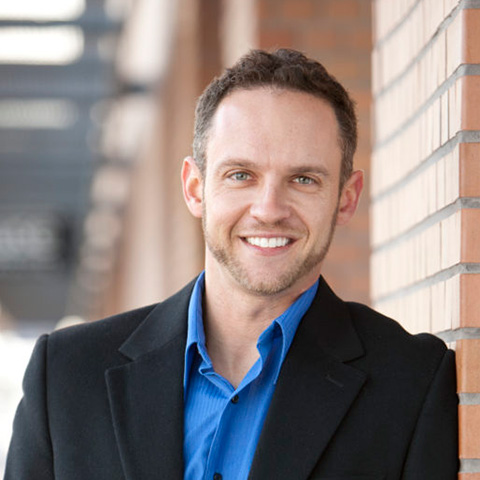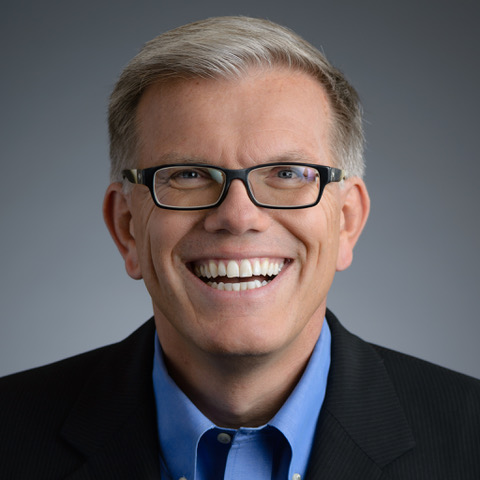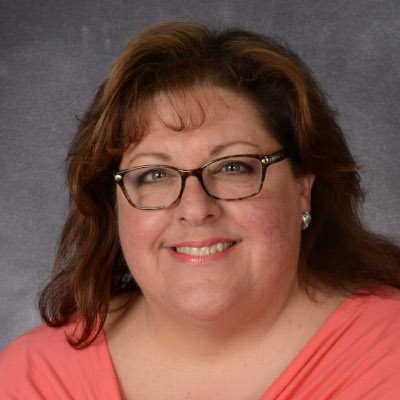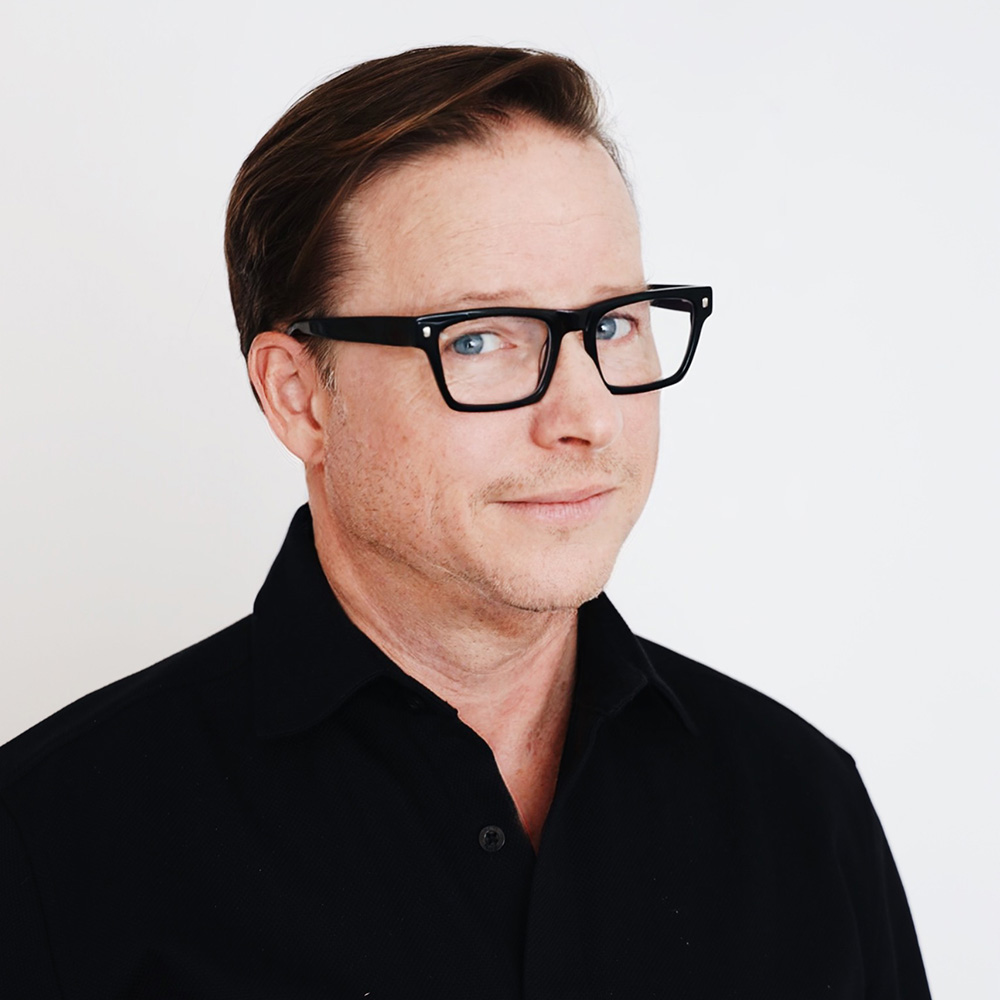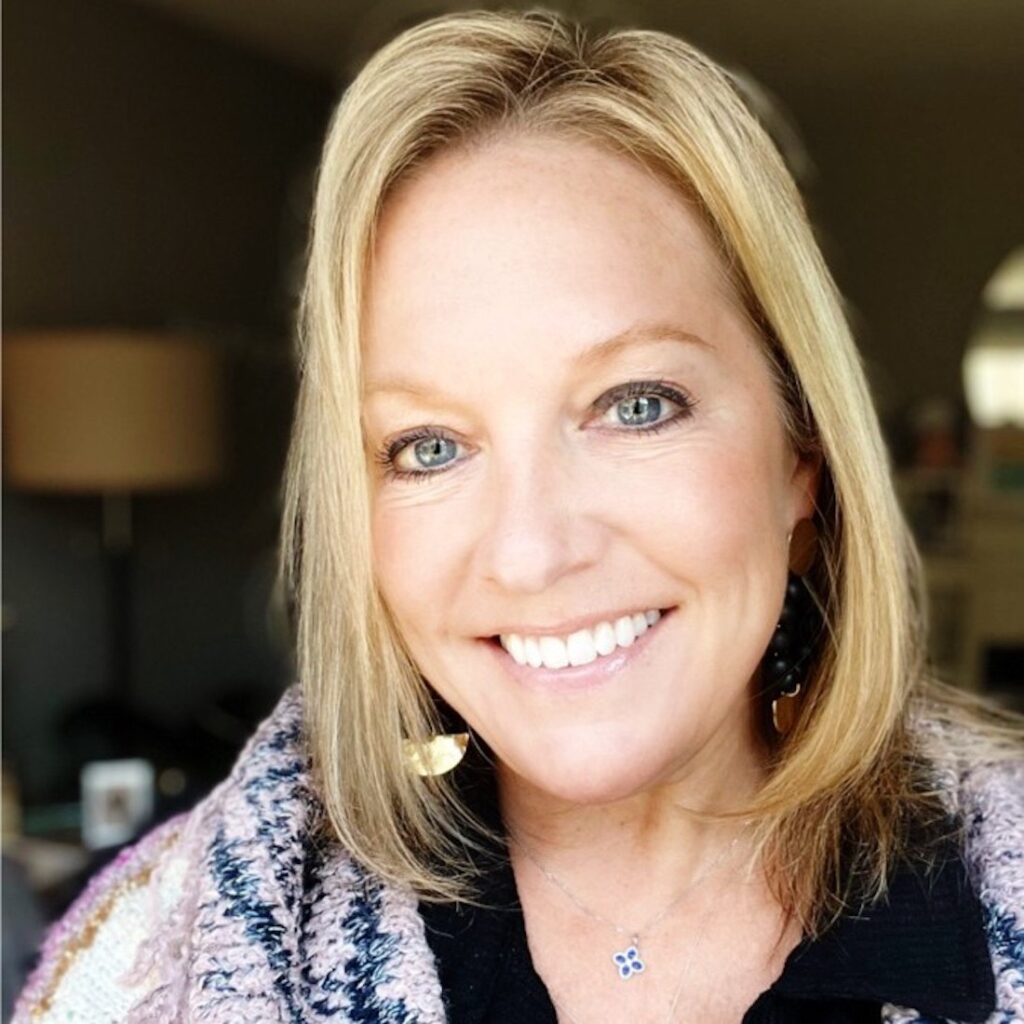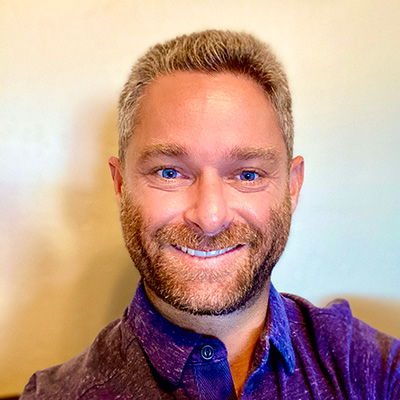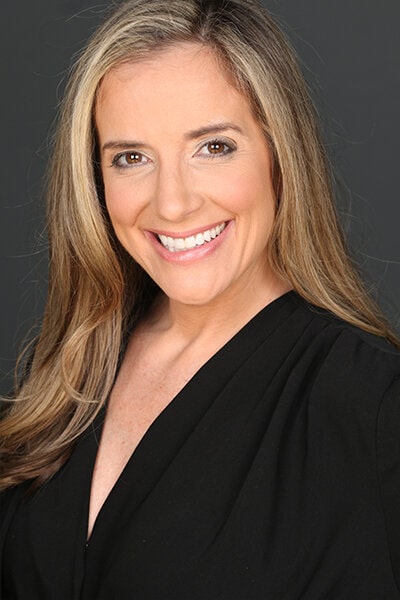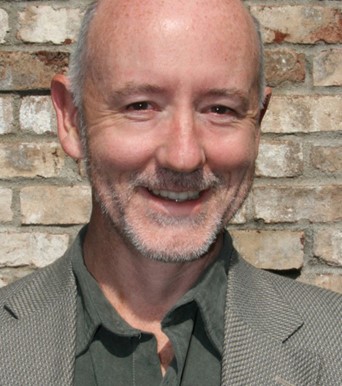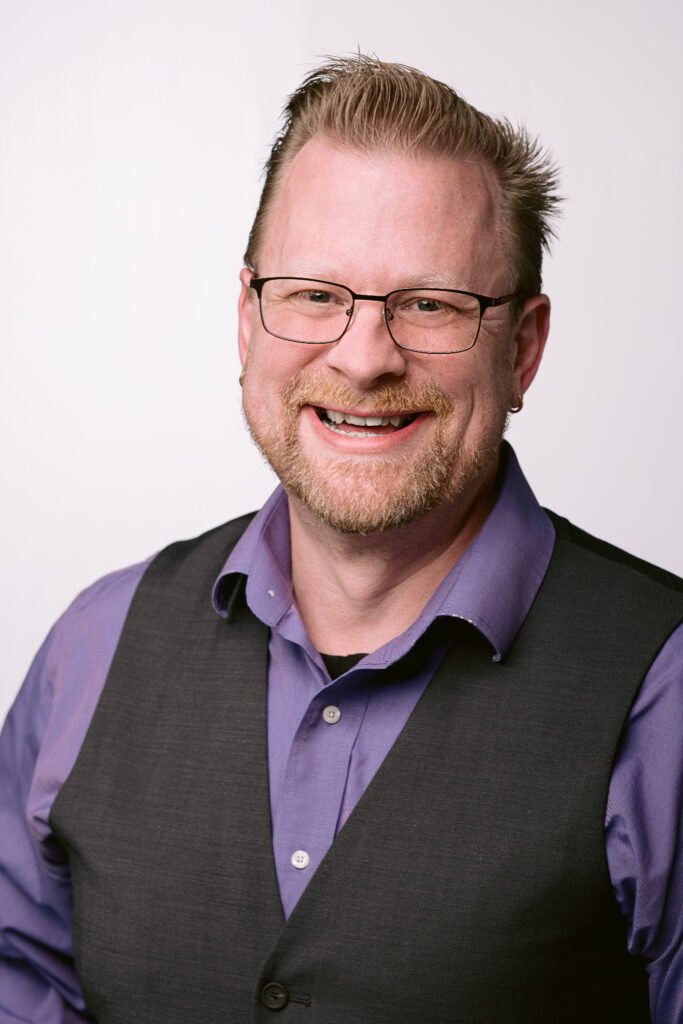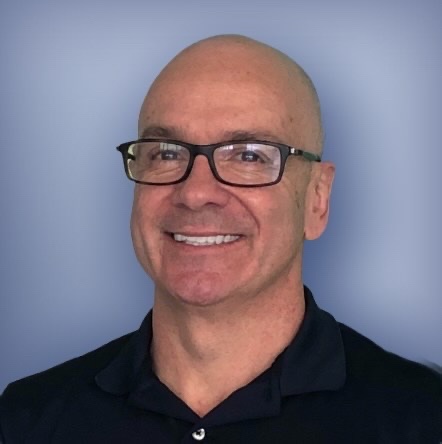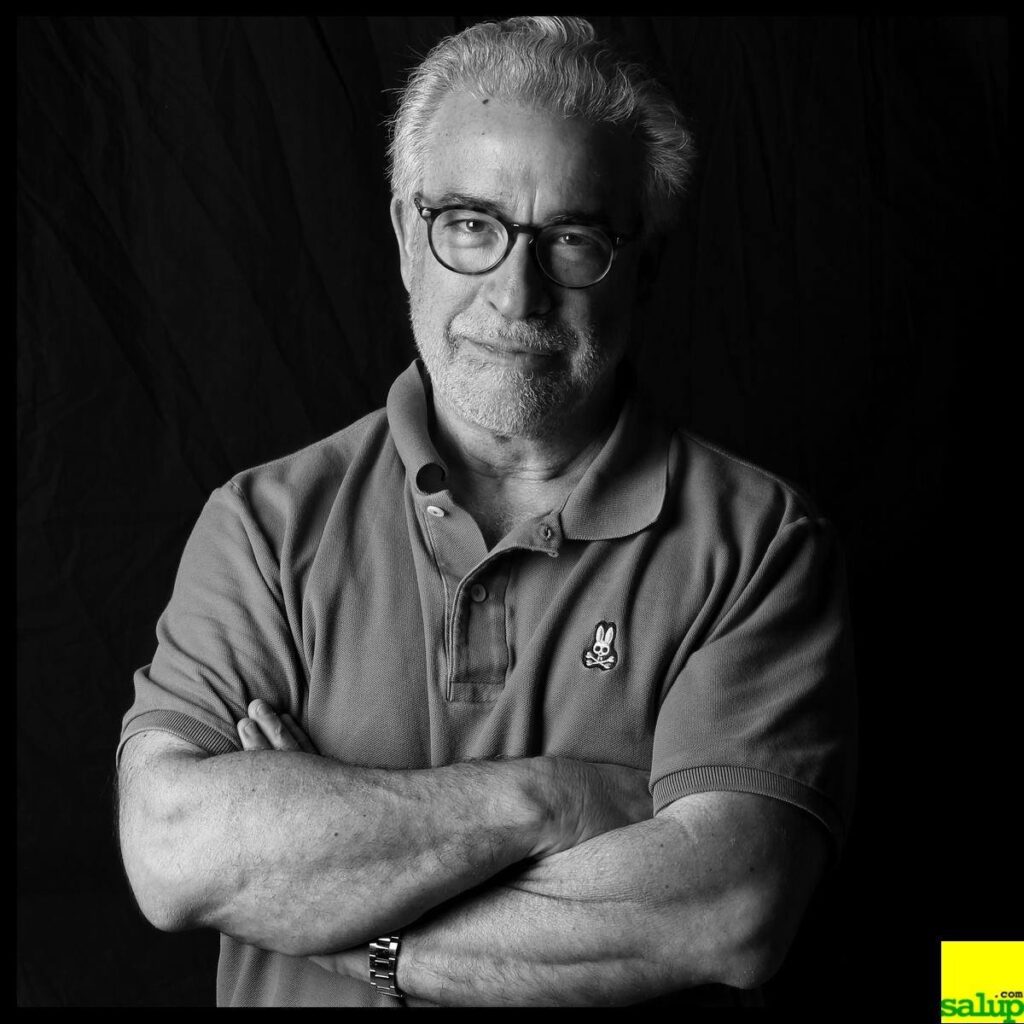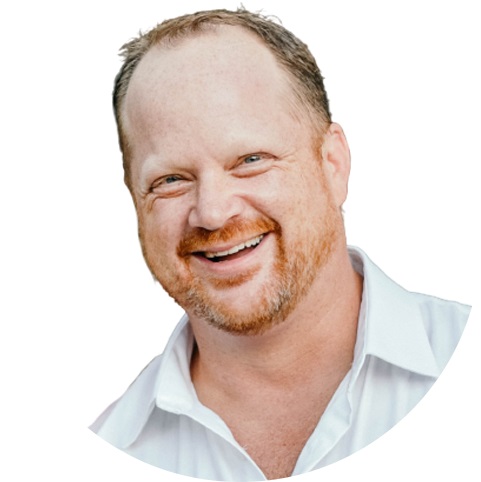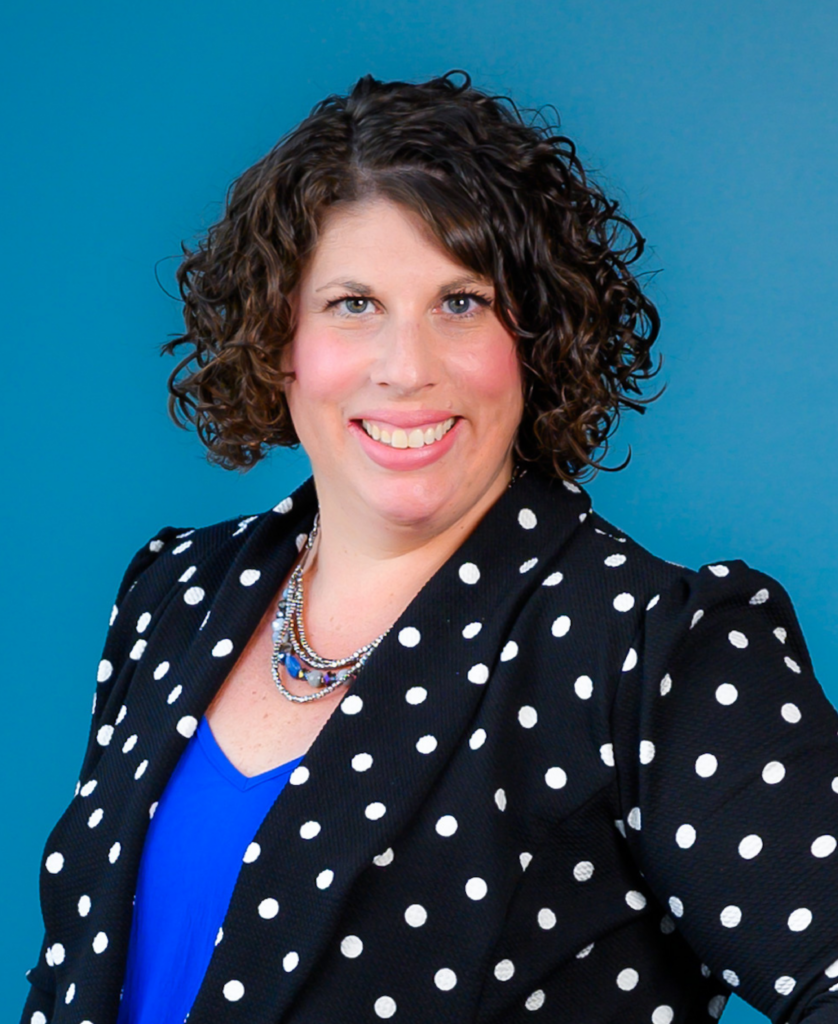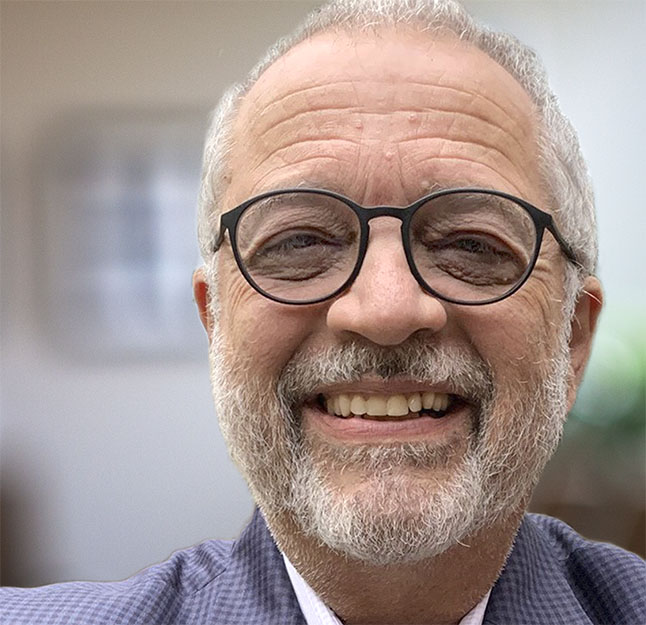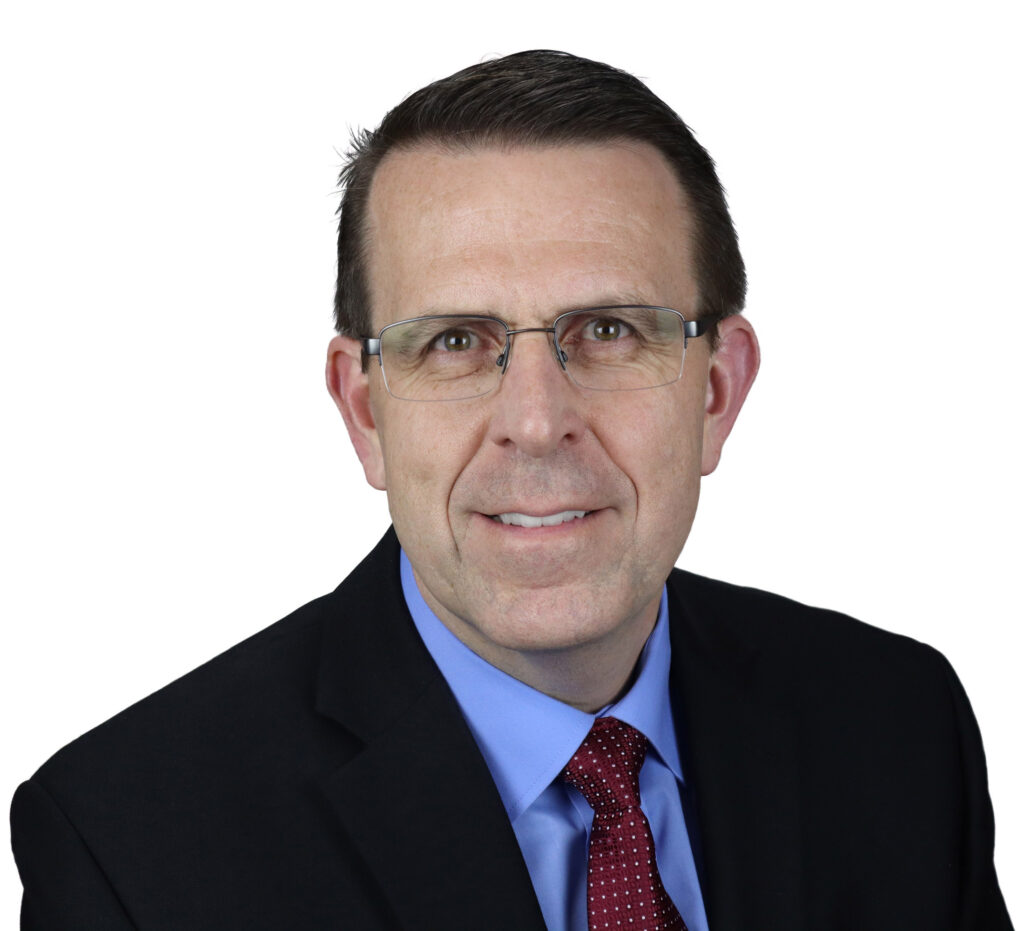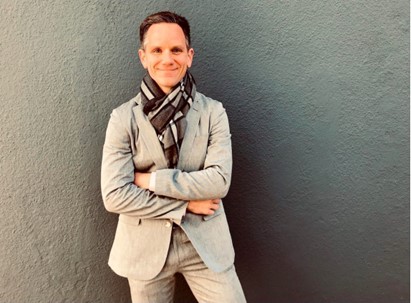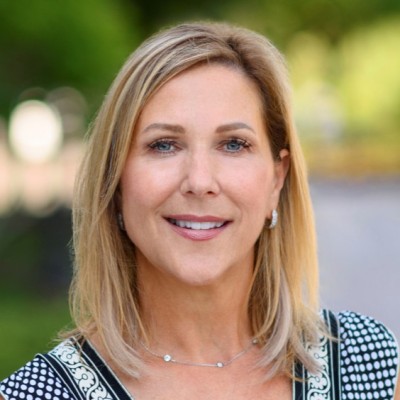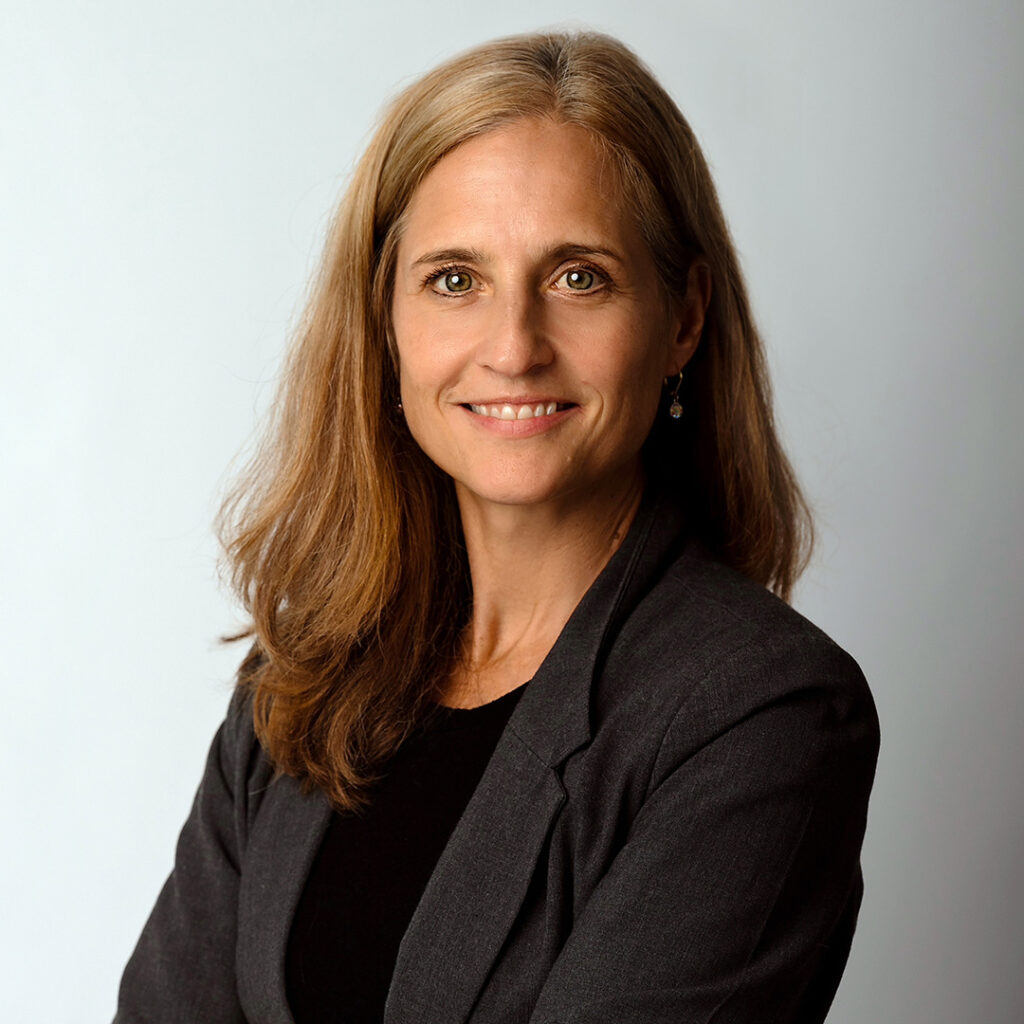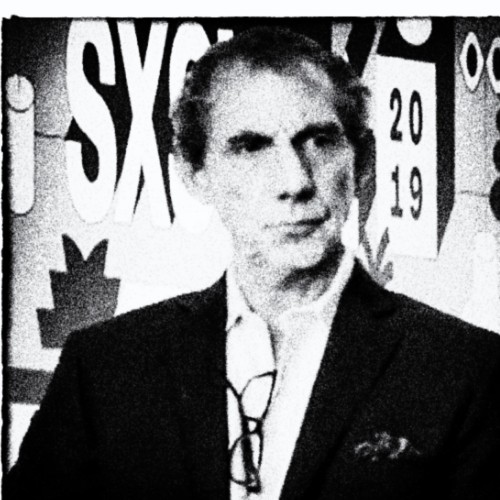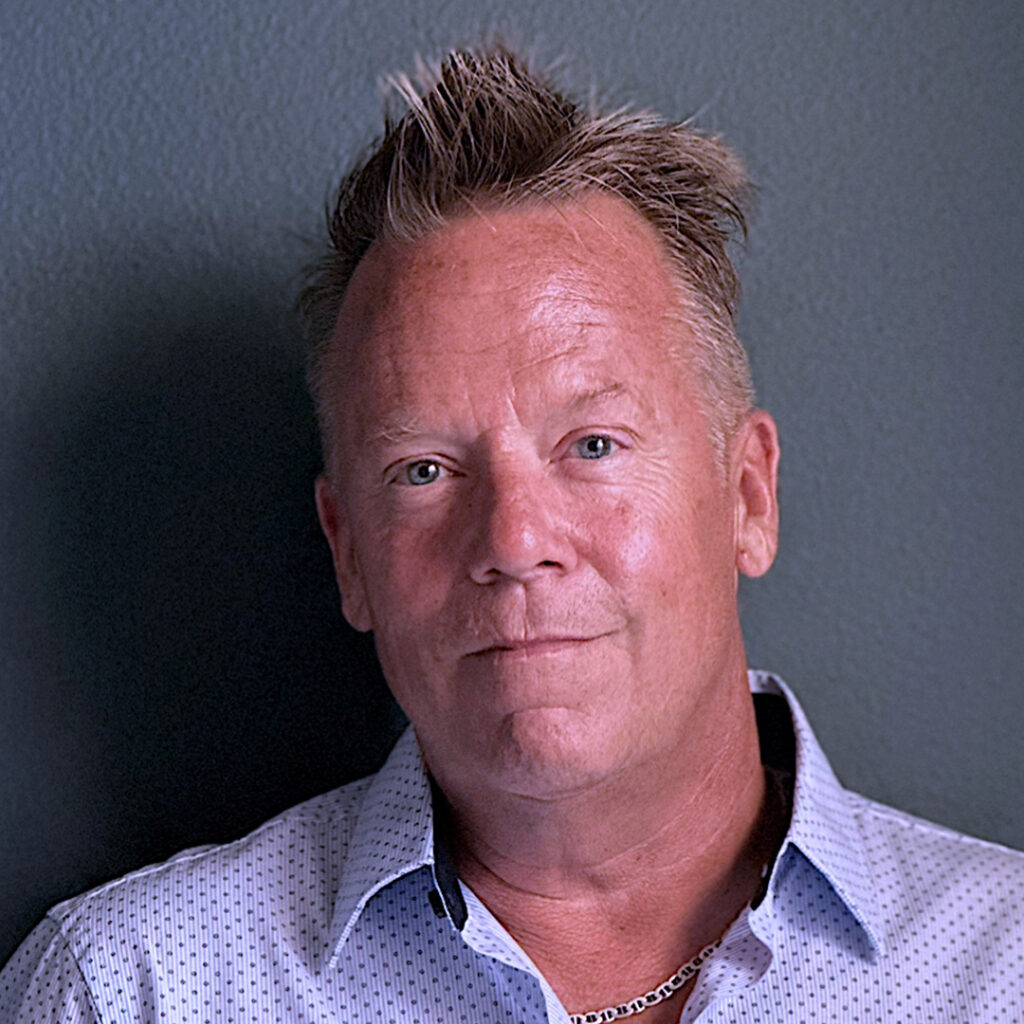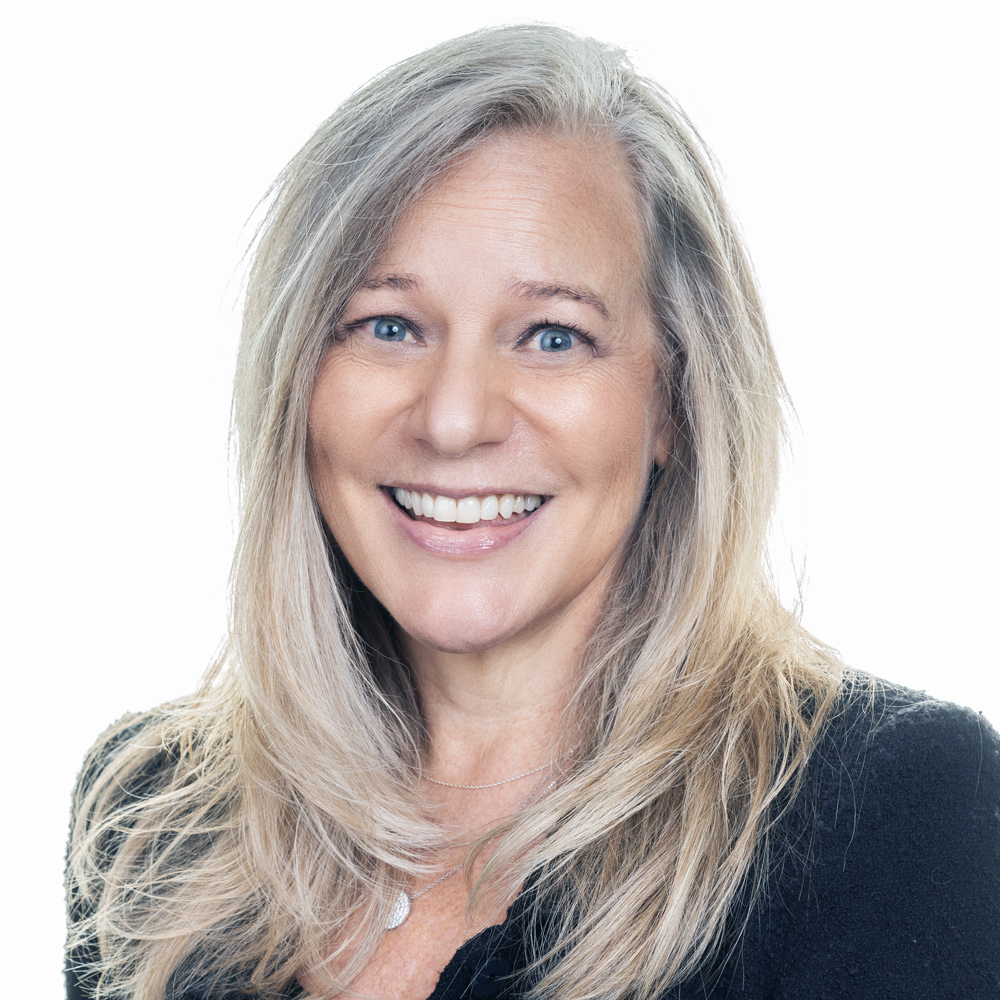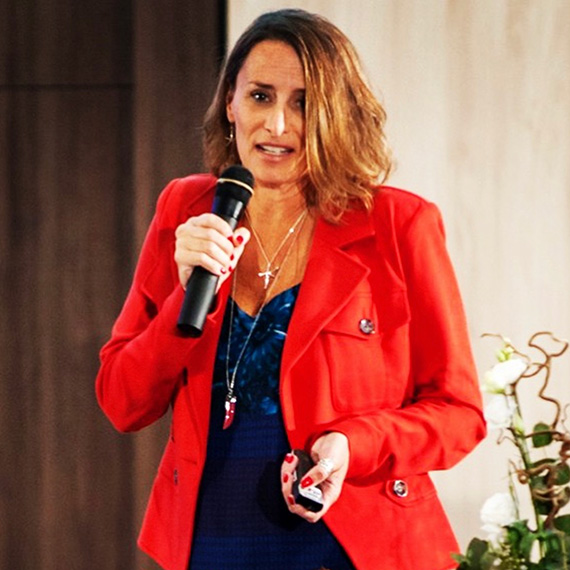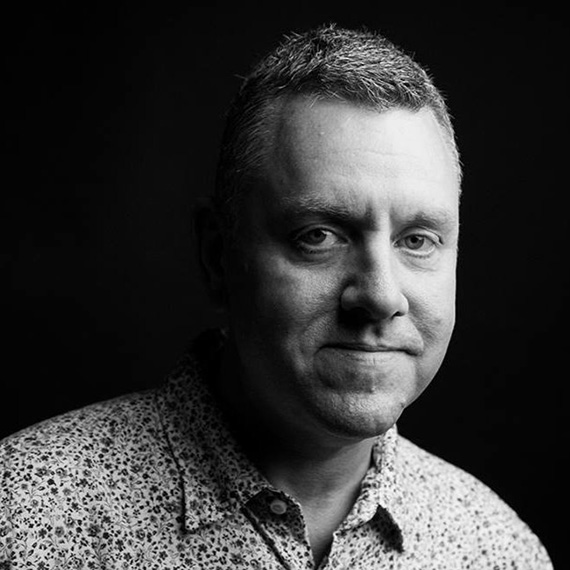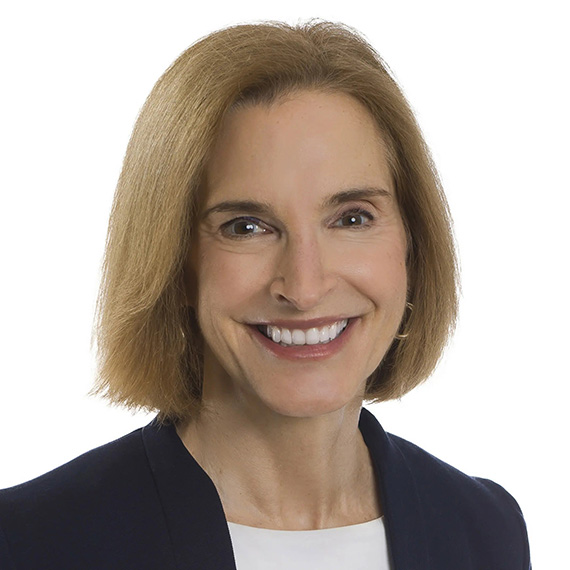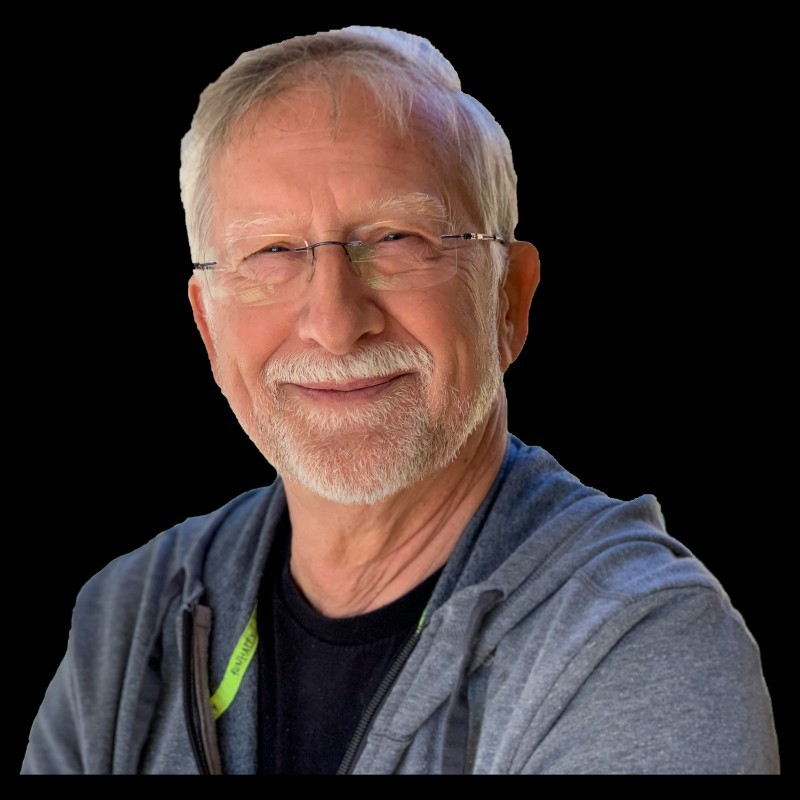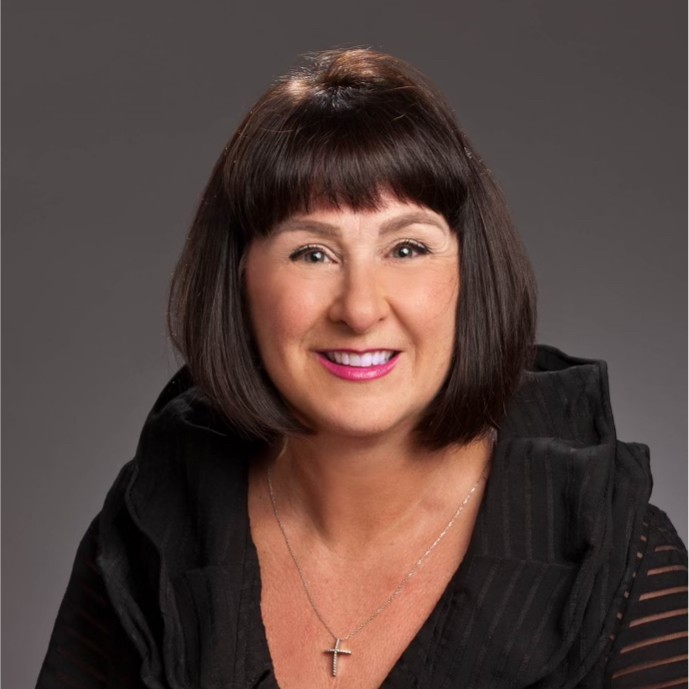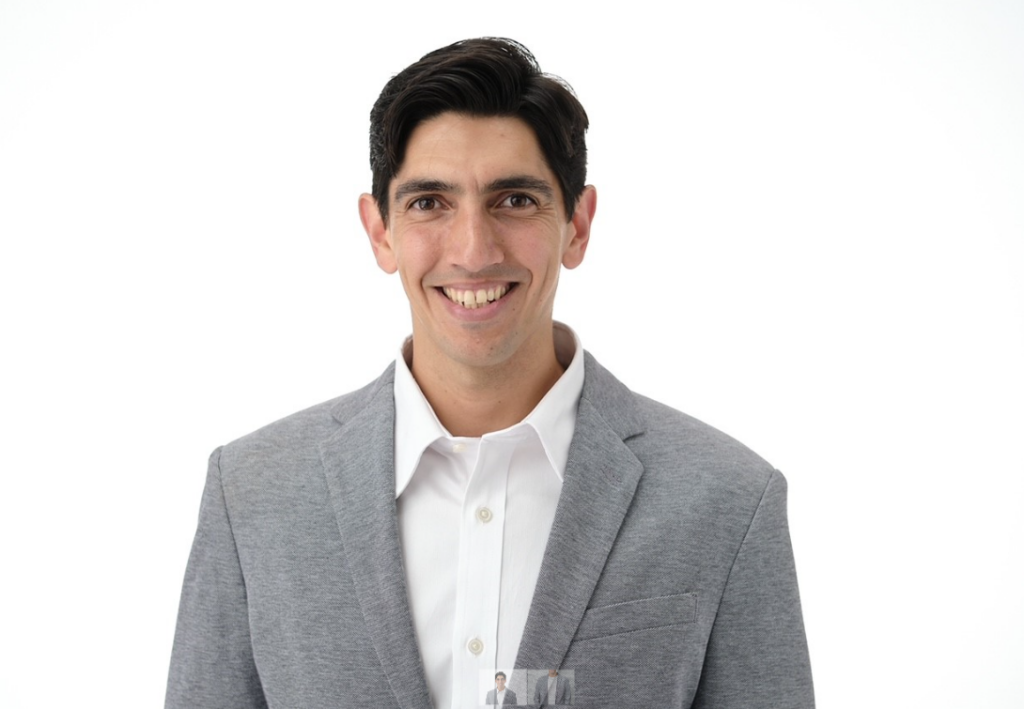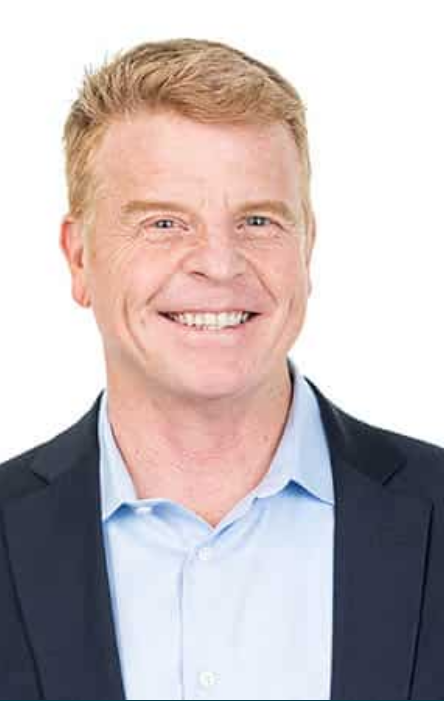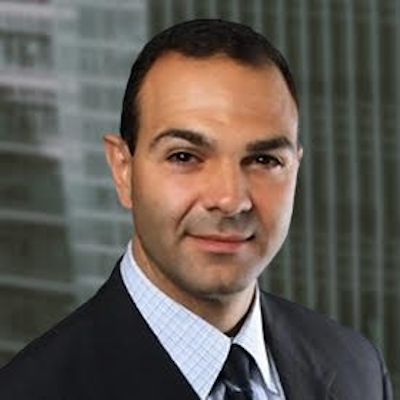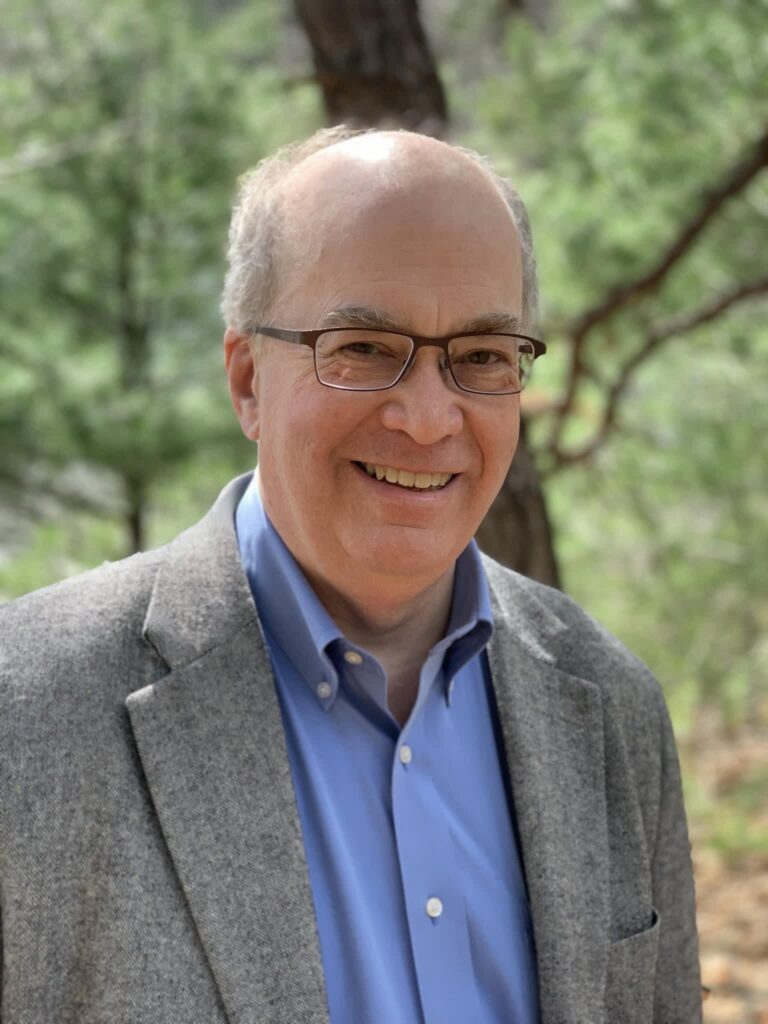In the Now Podcast: Episode 29
Join Nowspeed's CEO, David Reske, as he engages in discussions with founders, marketers, and CEOs from around the globe. Delving into the realm of marketing and leadership, aiming to unravel the myths and misunderstandings that often surround these topics.
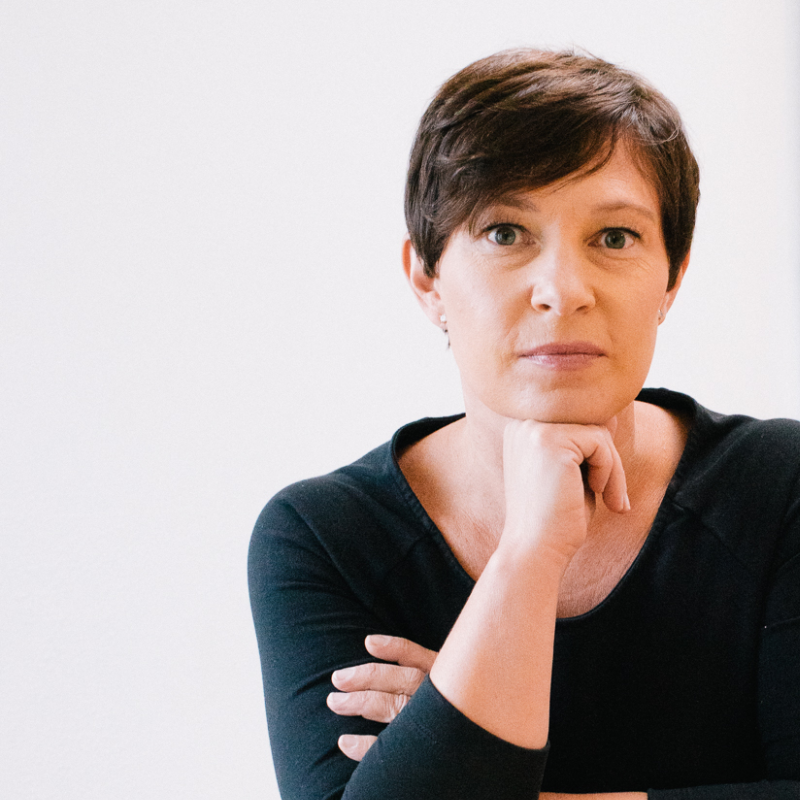
Kate Lee CEO | By The Horns
Can You Change Your Career Focus?
Can you radically change your career focus and still be successful? In this episode of In the Now, Kate Lee of By The Horns and David Reske of Nowspeed explore the myth that you need to be laser focused on one thing in order to be successful in your life. As we progress on the journey of life, our values and priorities may change, and we need to adapt in order to thrive. Kate is a firm believer that it’s never too late to change your career path if it isn’t making you happy and successful, and she gives us some important steps and insights to the process. Listen now!
Get a Free Marketing Analysis and Consultation
Nowspeed can review your Website, SEO, PPC, Email or Social Media Campaigns and identify ways to make an immediate impact!
Episodes
Want to be a guest on the show?
Episode Transcript
In the Now: Kate Lee
Only 27% of college graduates end up working in careers related to their major. In this episode, Kate Lee, whose own career has taken several dramatic turns, dispels the myth that you have to follow a linear path to achieve success and personal fulfillment.
Watch the full interview with Kate Lee here and read an excerpt from the interview below.
Nowspeed: Hello everyone, I’m Dave Reske, founder and president of Nowspeed, a full-service digital marketing agency including social media content marketing. Welcome to another edition of In the Now, where we debunk myths and misunderstandings around marketing and leadership with some of the world’s most knowledgeable people. Today, our esteemed guest is Kate Lee, the founder of By the Horns. Through her work, Kate empowers individuals and organizations to adopt an accountability mindset and nurture strong, thriving cultures.
Welcome, Kate. Your expertise spans a broad spectrum. You’re, for example, a phenomenal writer who has contributed to Harvard Business Review and other prestigious publications. In some of those articles, you share your expertise on accountability training, shaping successful corporate cultures, and confronting complex challenges. With such a multifaceted role, could you tell us a bit about what a typical day at By the Horns looks like?
Kate: Absolutely. At By the Horns, our work is about helping people and organizations transcend their existing boundaries. This involves a considerable amount of executive and leadership coaching, along with strategic consulting. We guide our clients on creating an environment of accountability – where everyone is answerable not just to themselves but also to their team – and how this can lead to a thriving, vibrant culture.
Nowspeed: Undoubtedly, the influence you have on people’s lives and organizational cultures must be extremely rewarding. But let’s move onto our primary discussion today. There’s a prevalent idea that, to be successful, one must fixate on a single path and excel at it, even if it’s not enjoyable. What are your thoughts on this?
Kate: Indeed, the perception is that a linear career path, one where you’re zeroed in on a specific goal from the onset, is the key to success. However, I believe that this isn’t the whole truth. Success is a personal construct and varies from person to person. What the world sees as successful might not resonate with your perception of success. Interestingly, only 27% of college graduates end up working in careers related to their major. I myself am an example of this, having ventured away from my undergrad specialization, and yet, I consider myself successful.
Nowspeed: That’s fascinating. I’ve always admired those who knew what they wanted early on and dedicated their lives to refining their skills in that area. It’s certainly a different set of experiences that gets us to where we are. So, is the notion that starting earlier and maintaining focus leads to greater success also a myth?
Kate: I would contend that the notion is indeed a myth, primarily for two reasons. First, I’d argue that success is a subjective term and should be defined by the individual, not society’s standards. Second, statistics show that 82% of those who made a career change after age 45 felt successful post-change, and 87% were happier. Again, the idea of success is closely linked to personal contentment and fulfillment.
Nowspeed: That’s intriguing. Now, for younger people who are still unsure about what they want to do with the rest of their lives, how do they navigate this? Should they take career interest surveys, or is it better to be more of a generalist and figure it out along the way?
Kate: It’s essential to meet oneself where one currently is. Young people should explore their interests, take assessments, and find a career that aligns with their current perspective. However, they must also understand that their career path can evolve and change as they mature and gain more life experiences. This adaptability and openness to change are key elements to finding success and happiness in their careers.
Make sure to watch this interview in its entirety here to learn more about exploring & refining skills, which can also include social media and content marketing.
